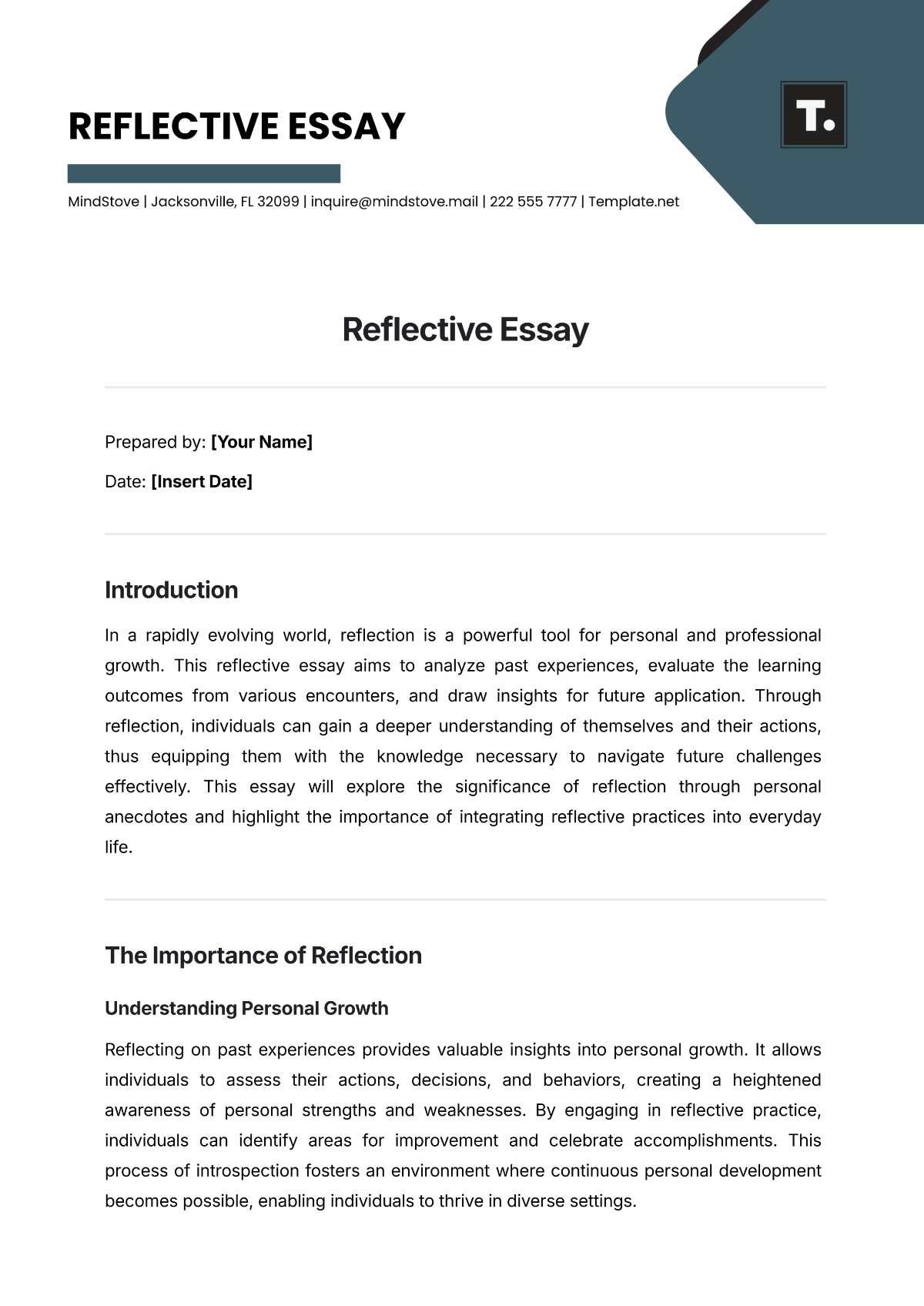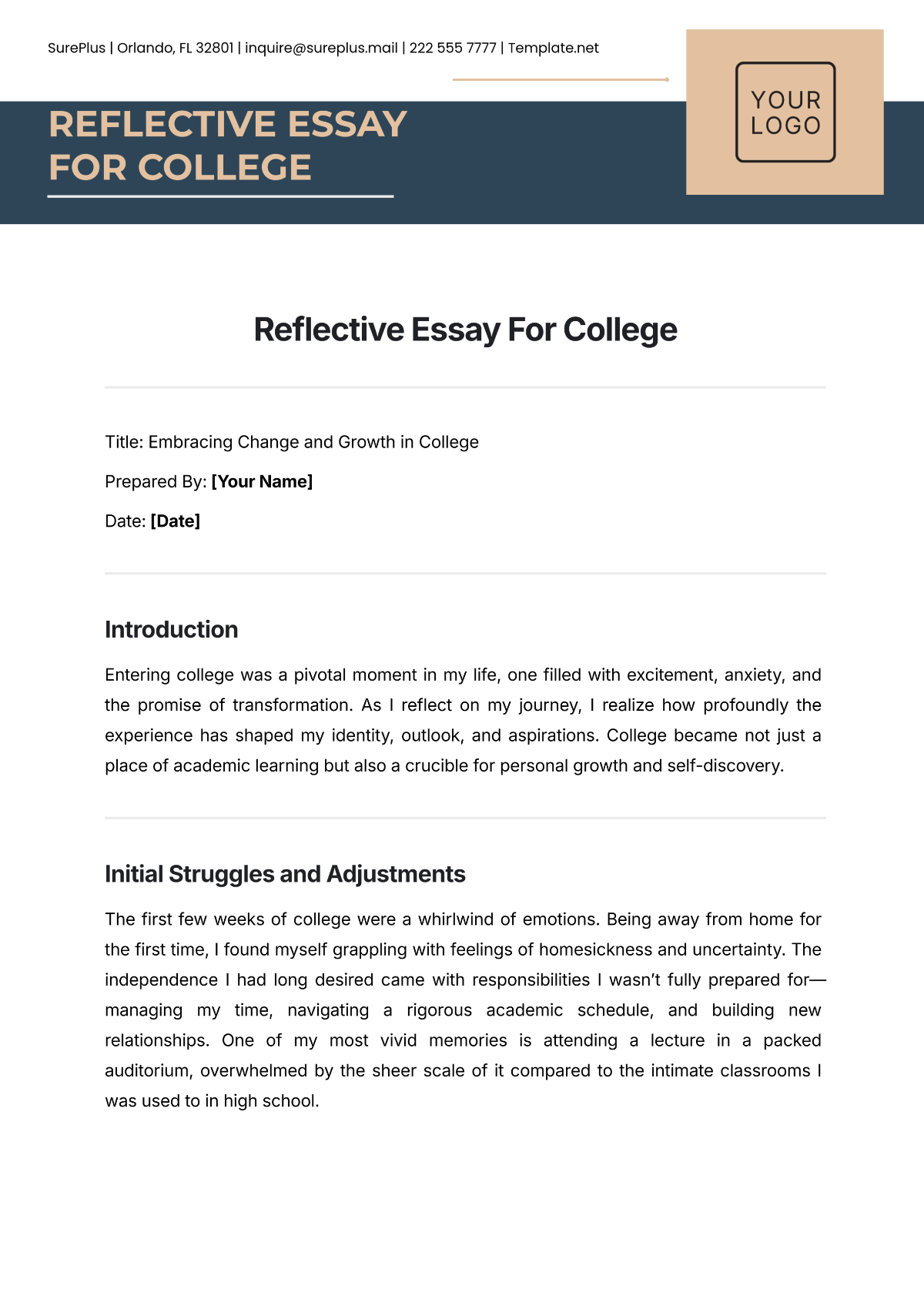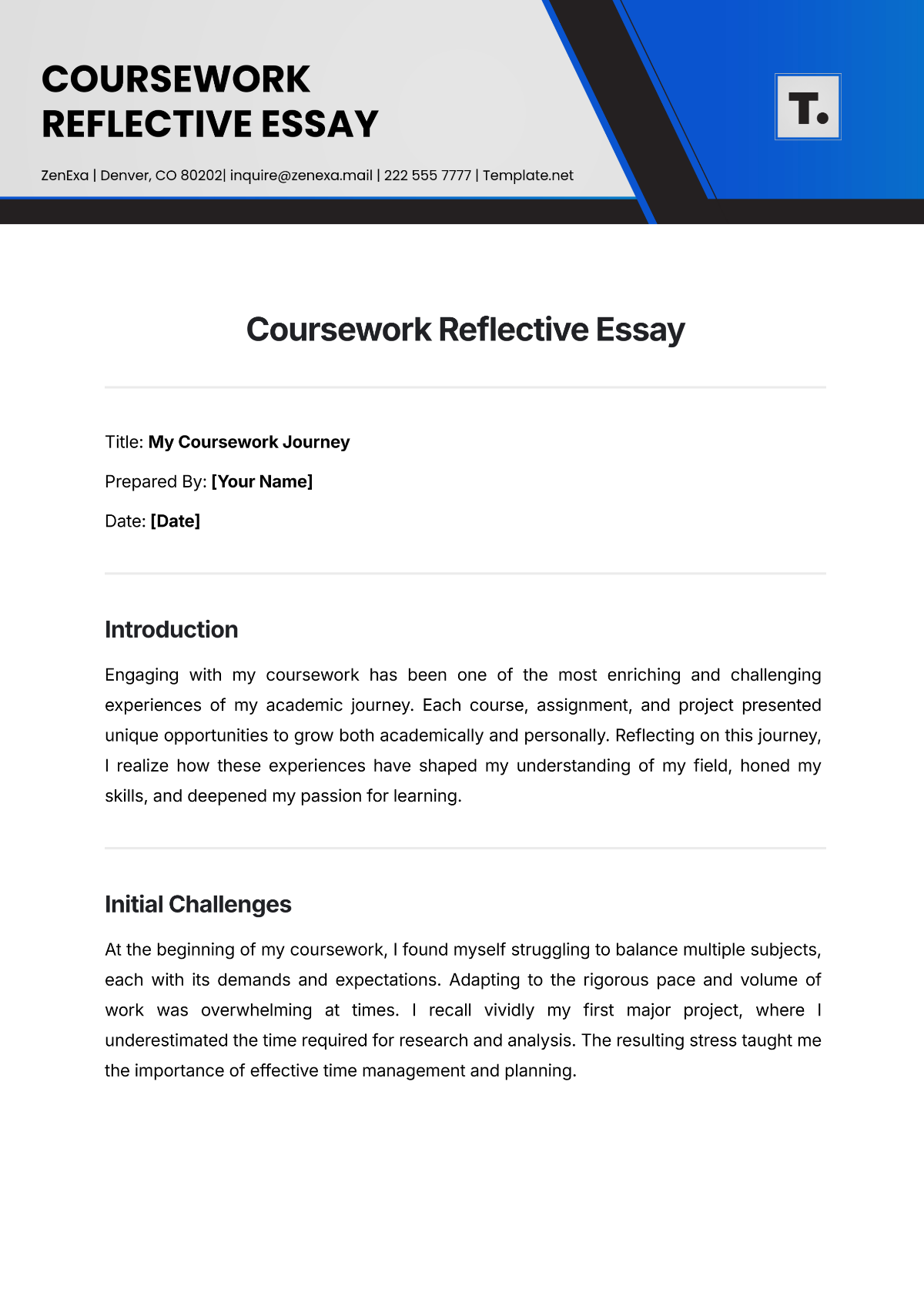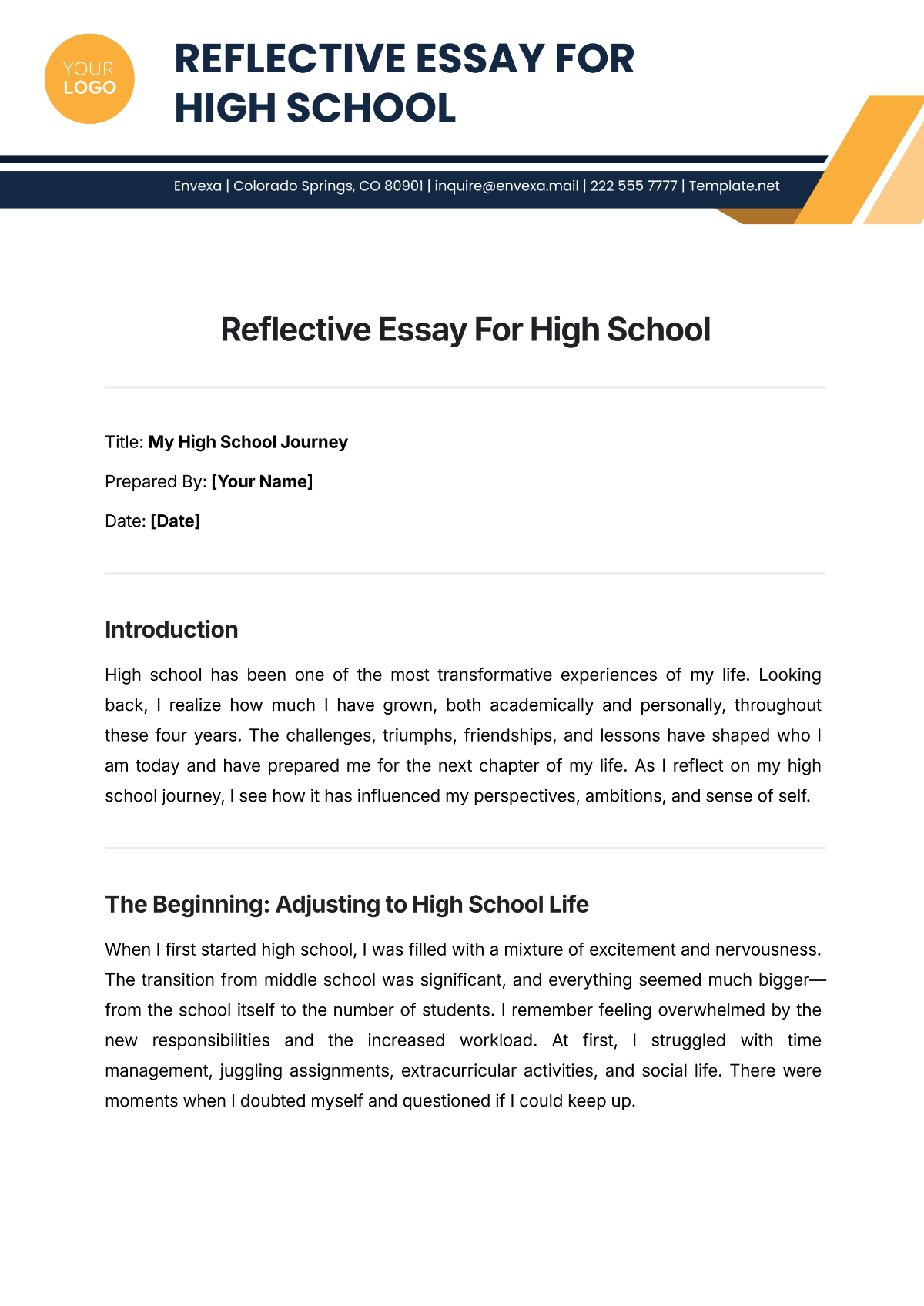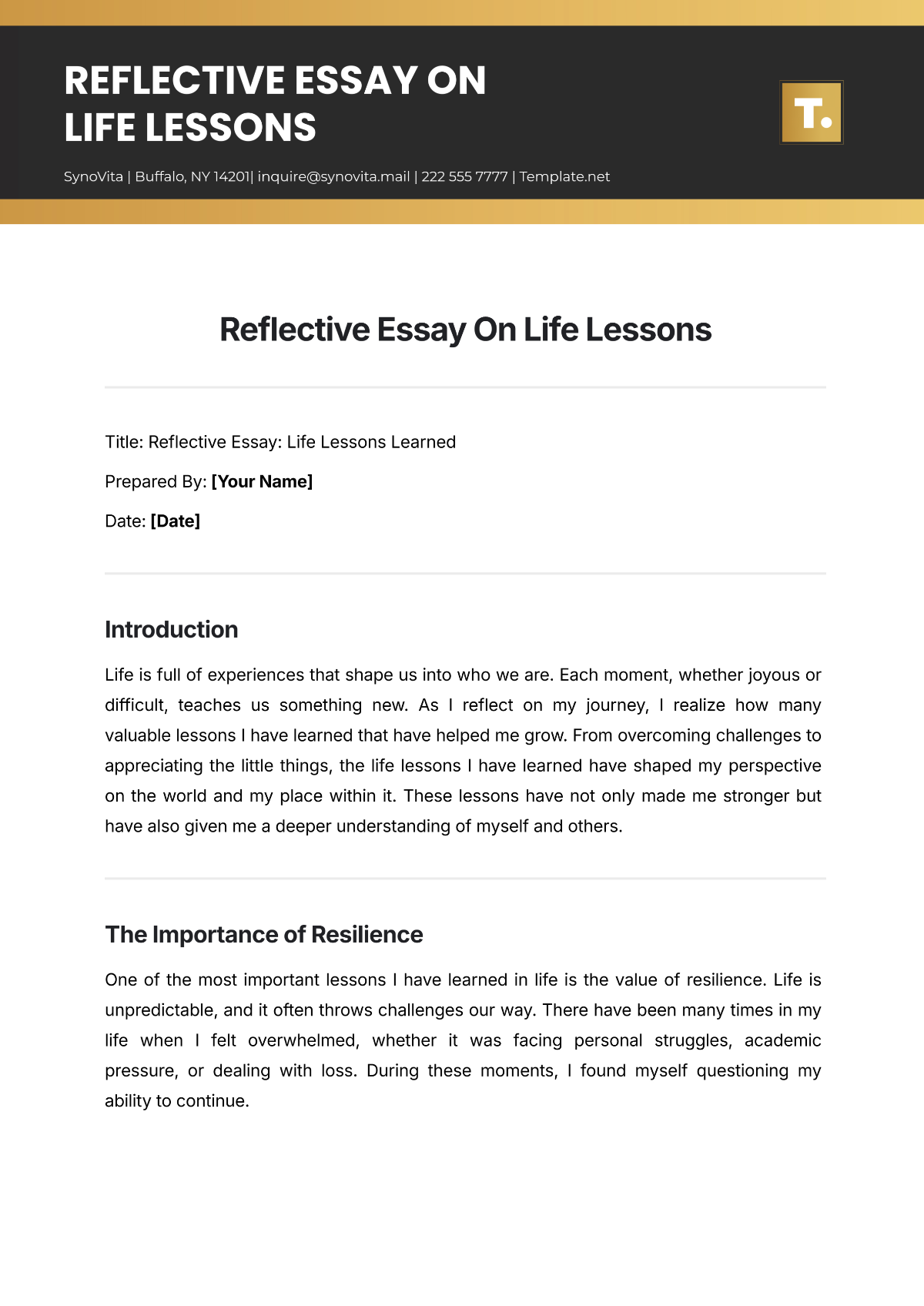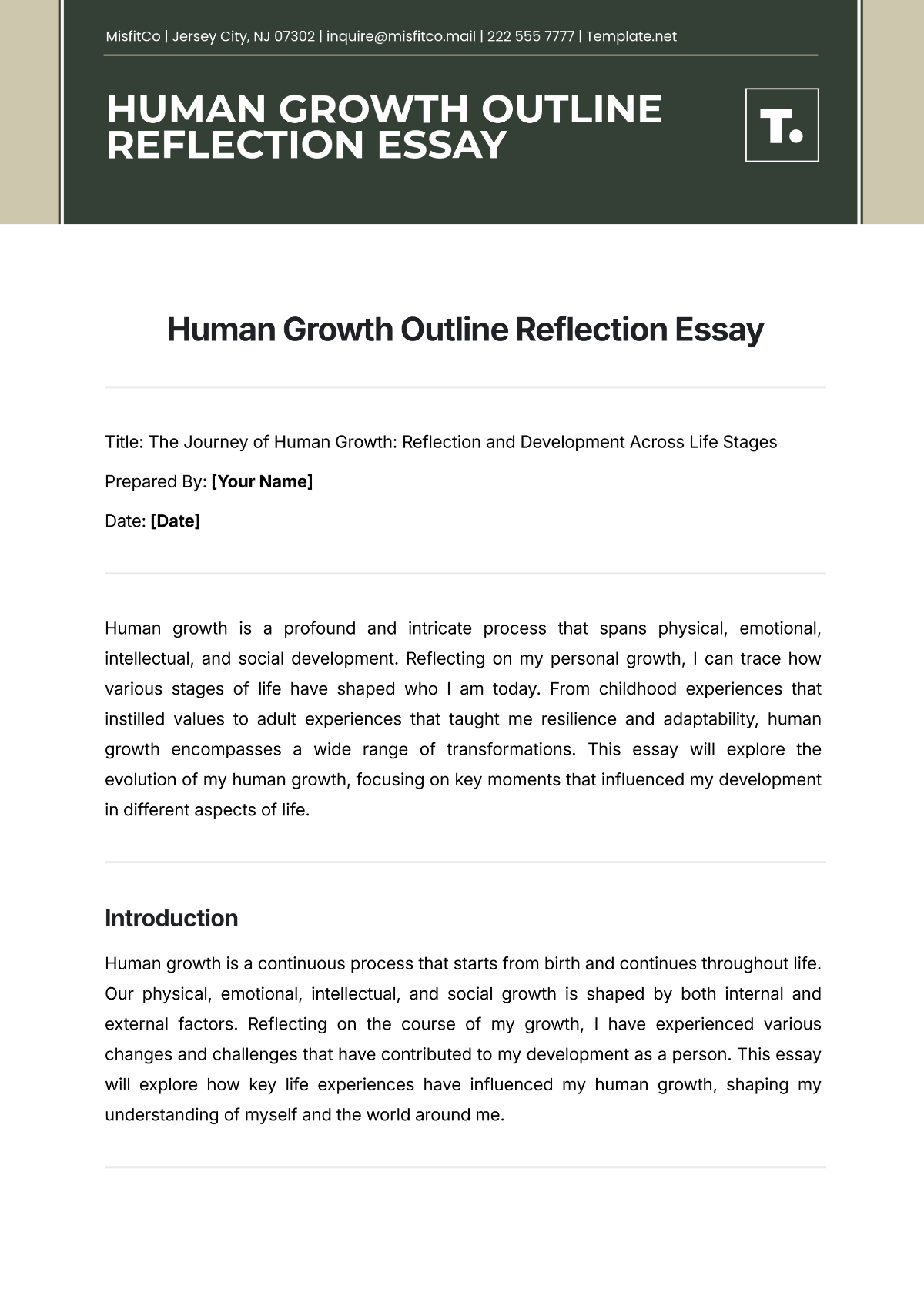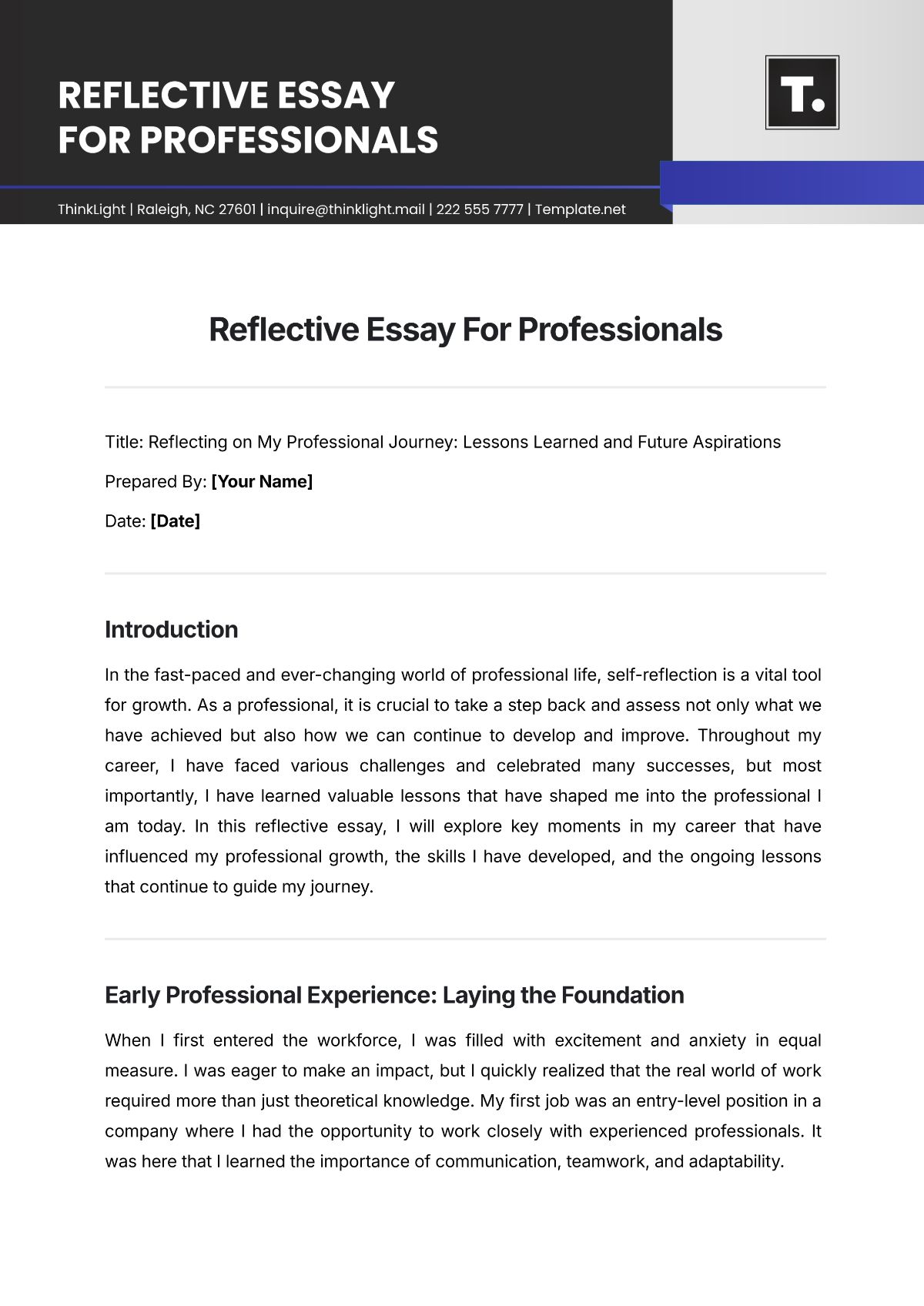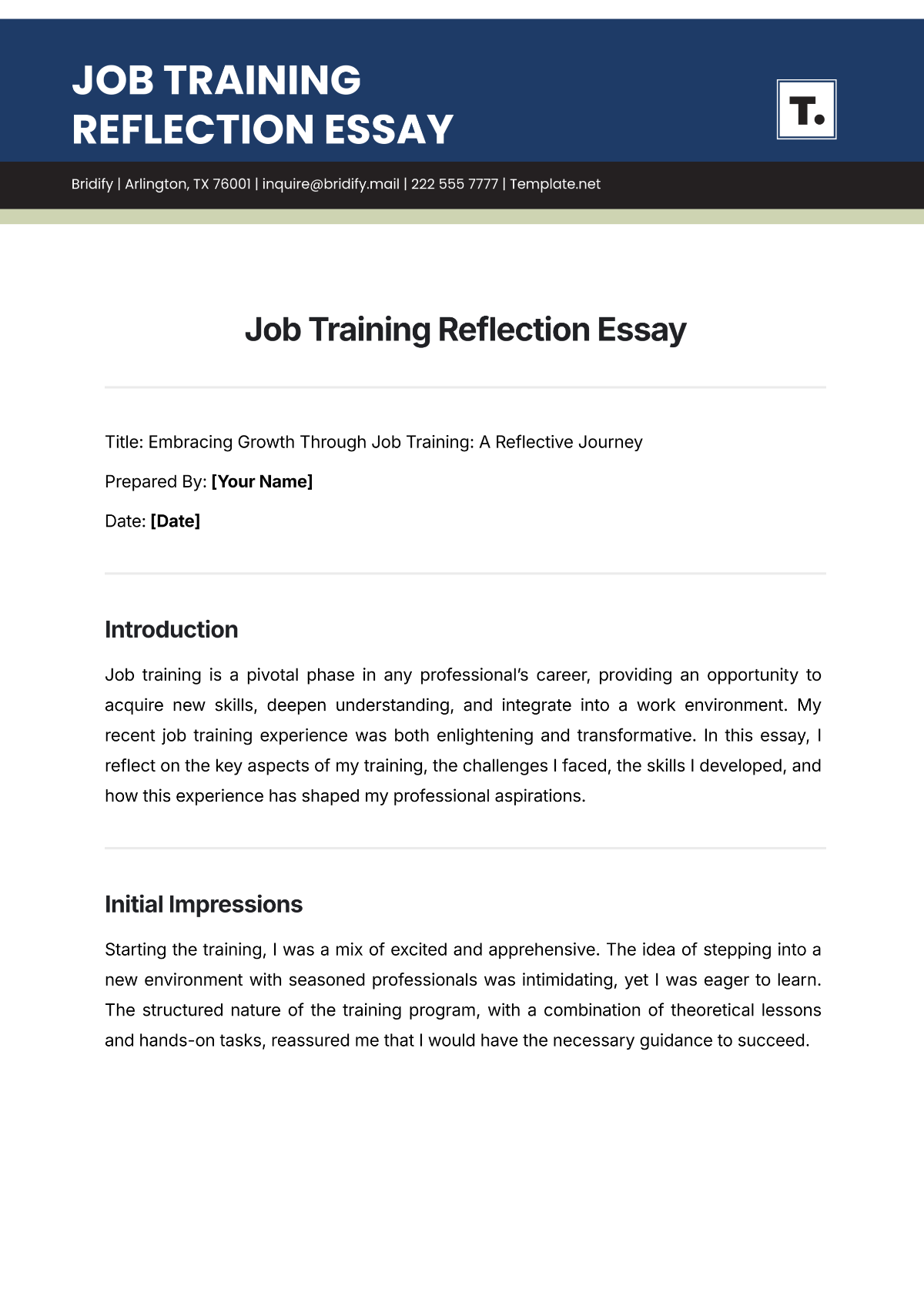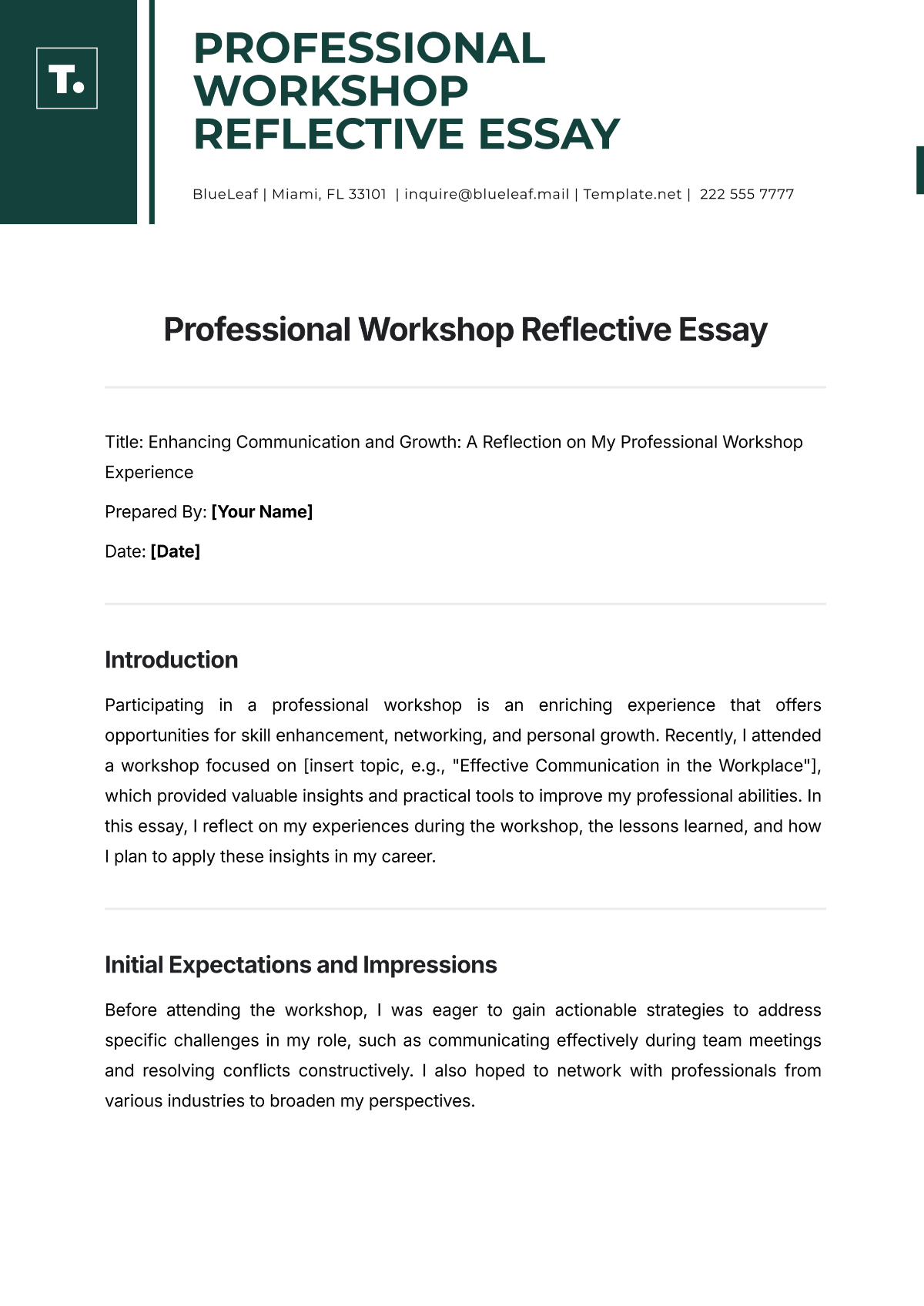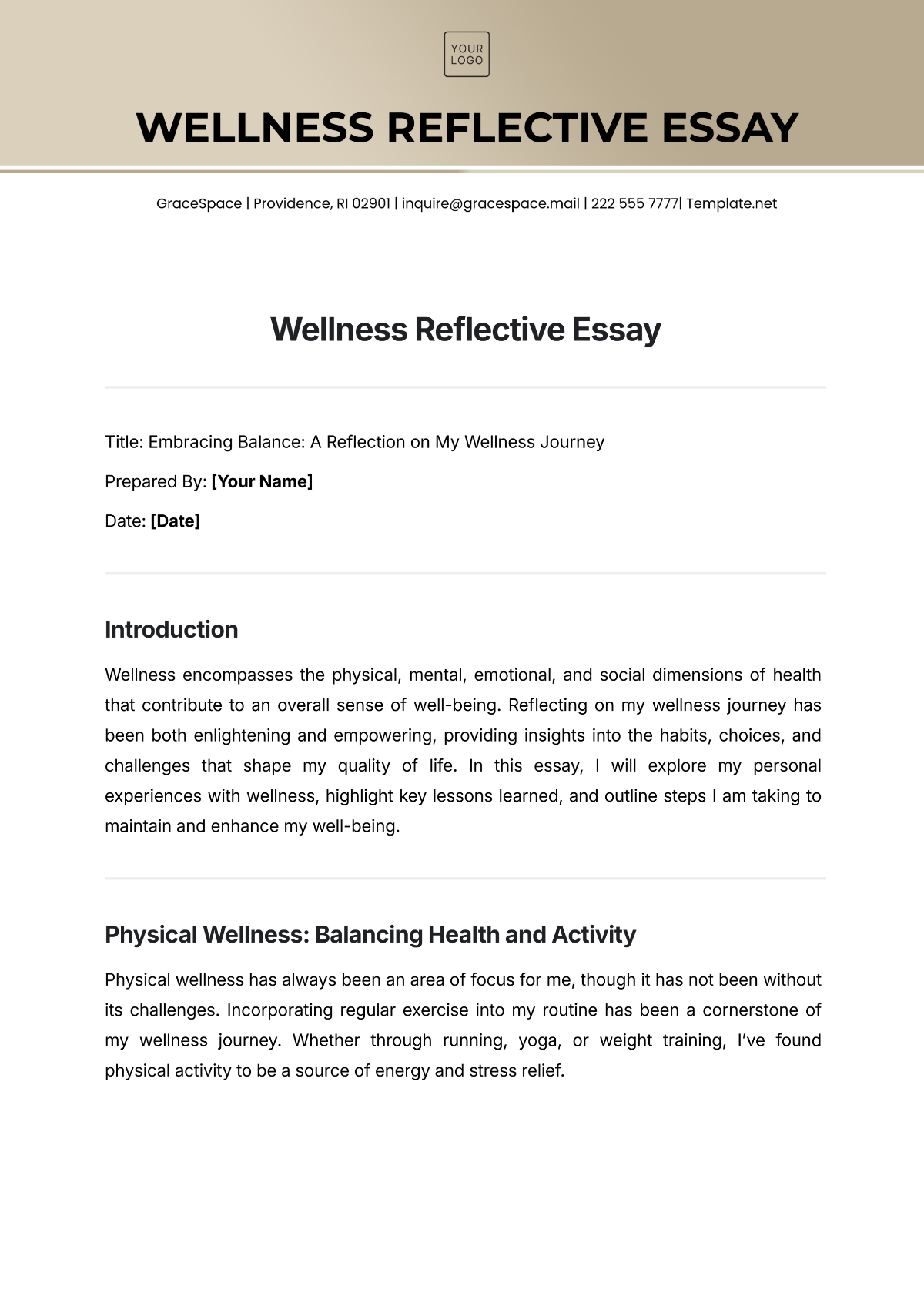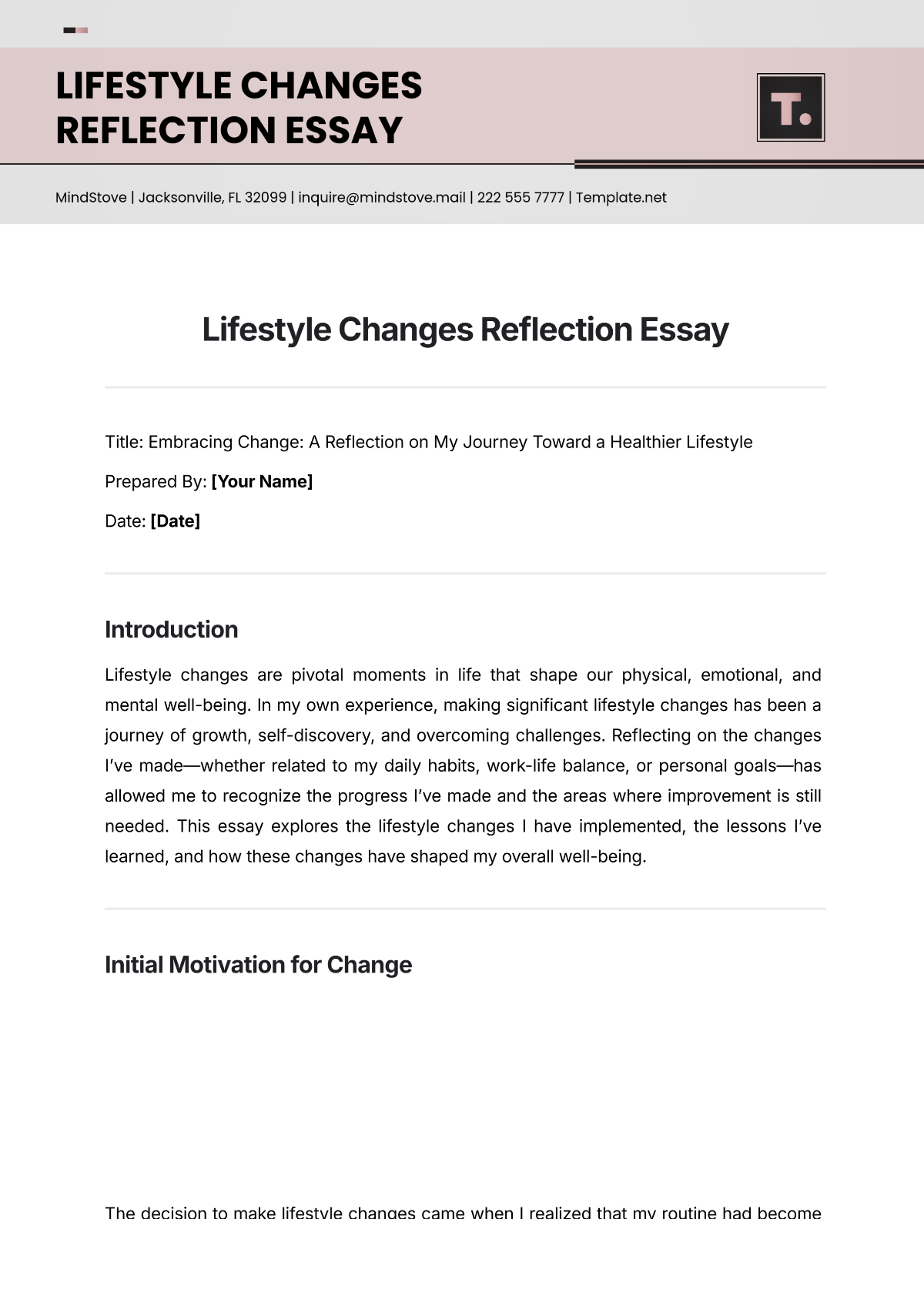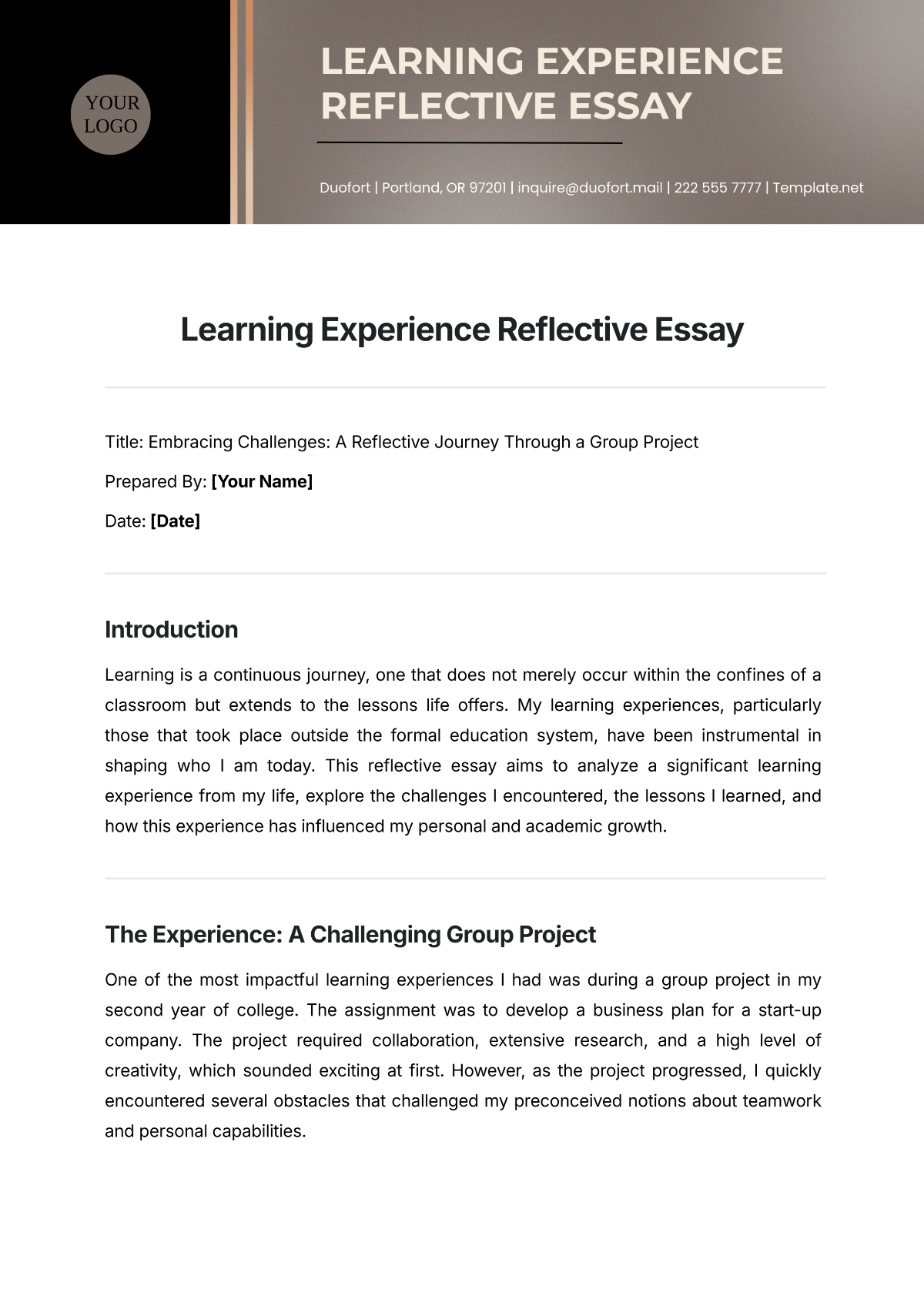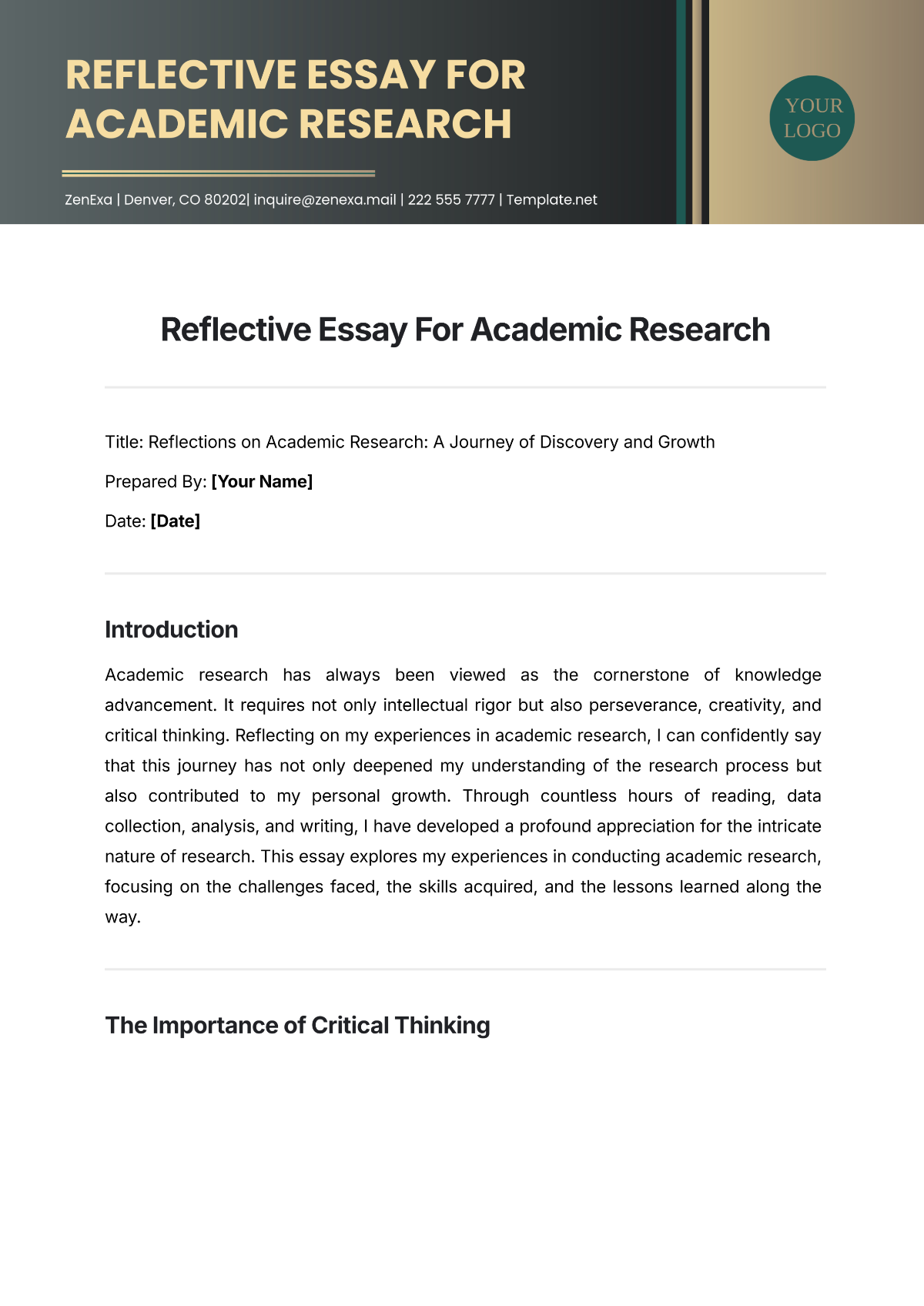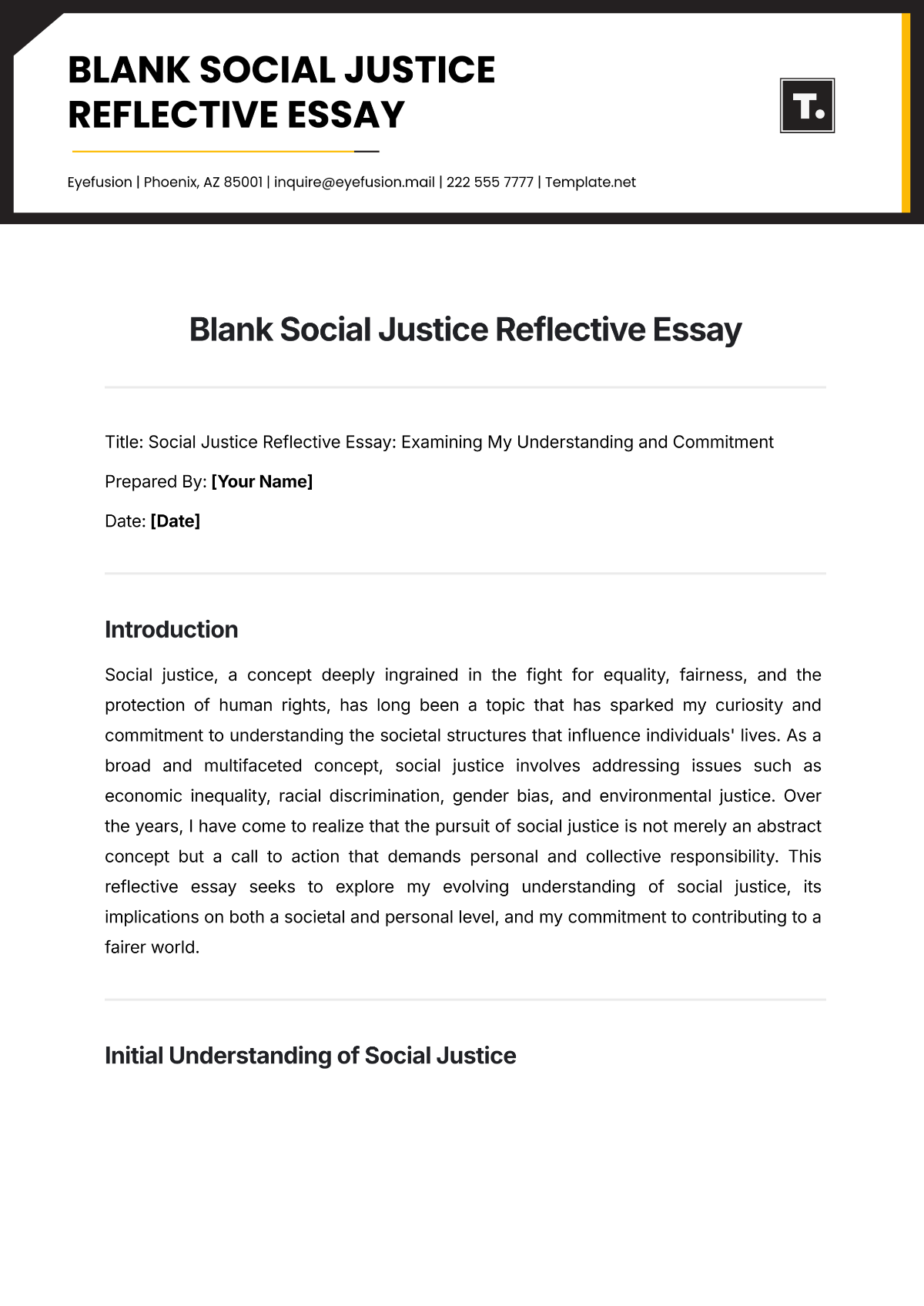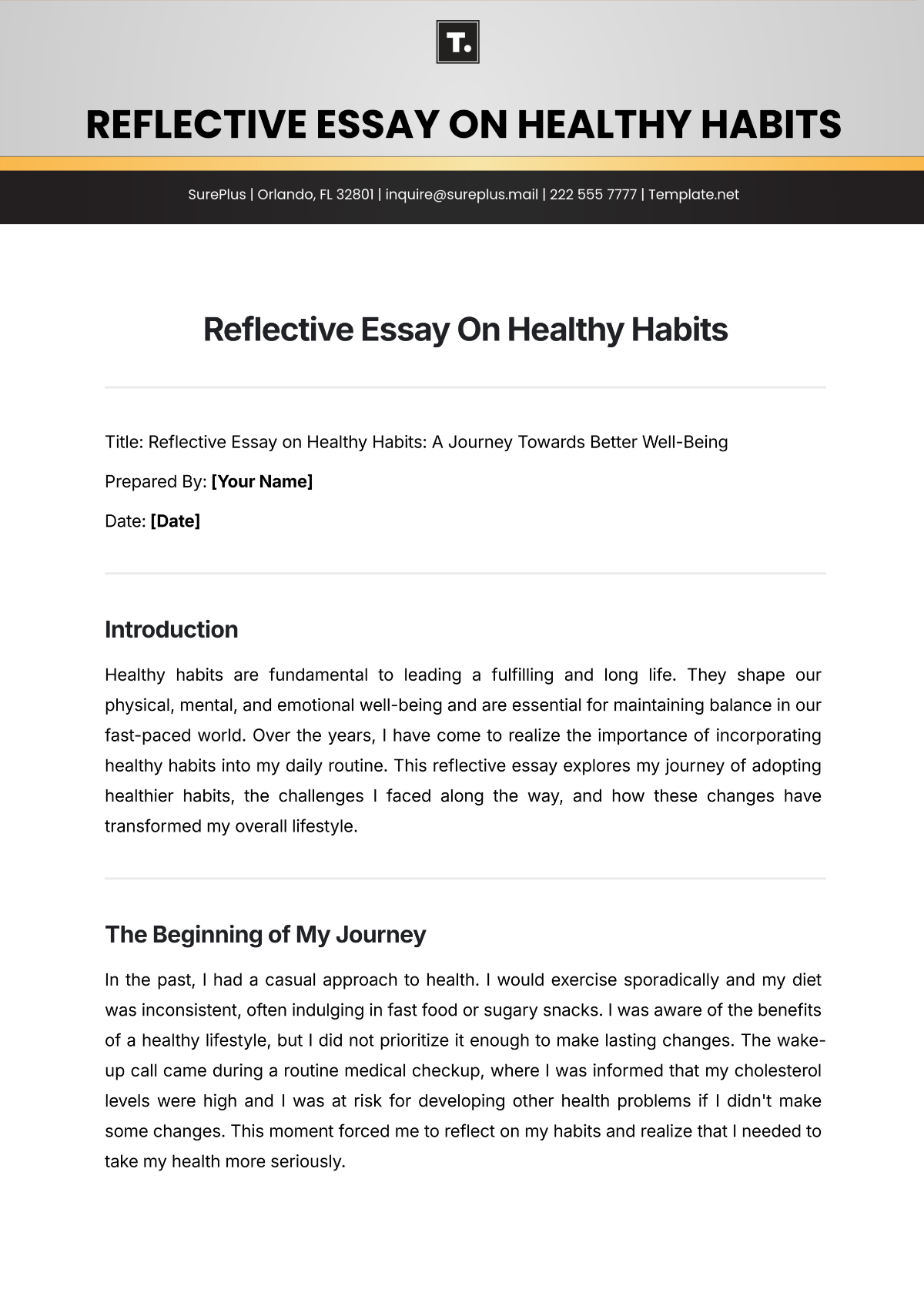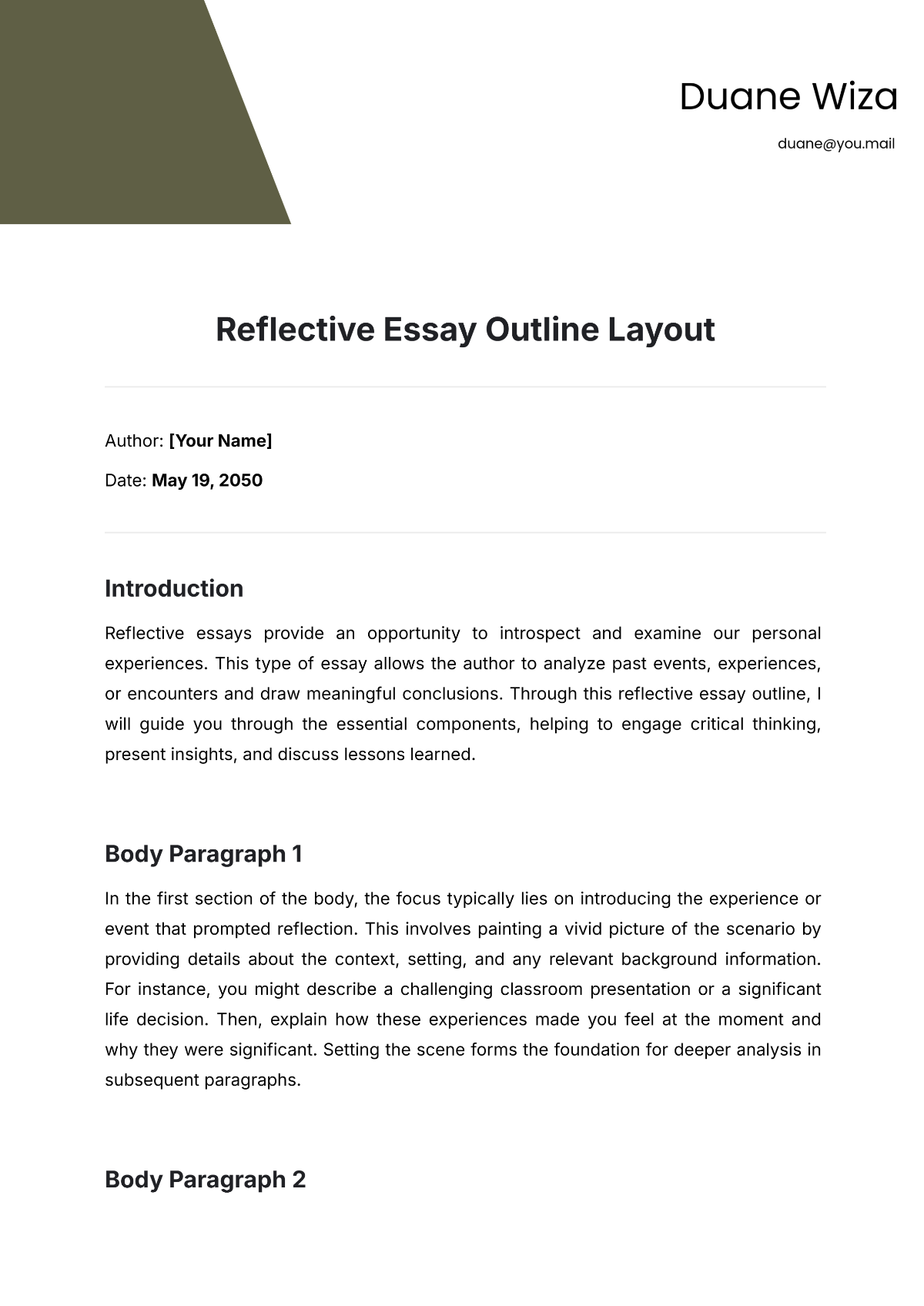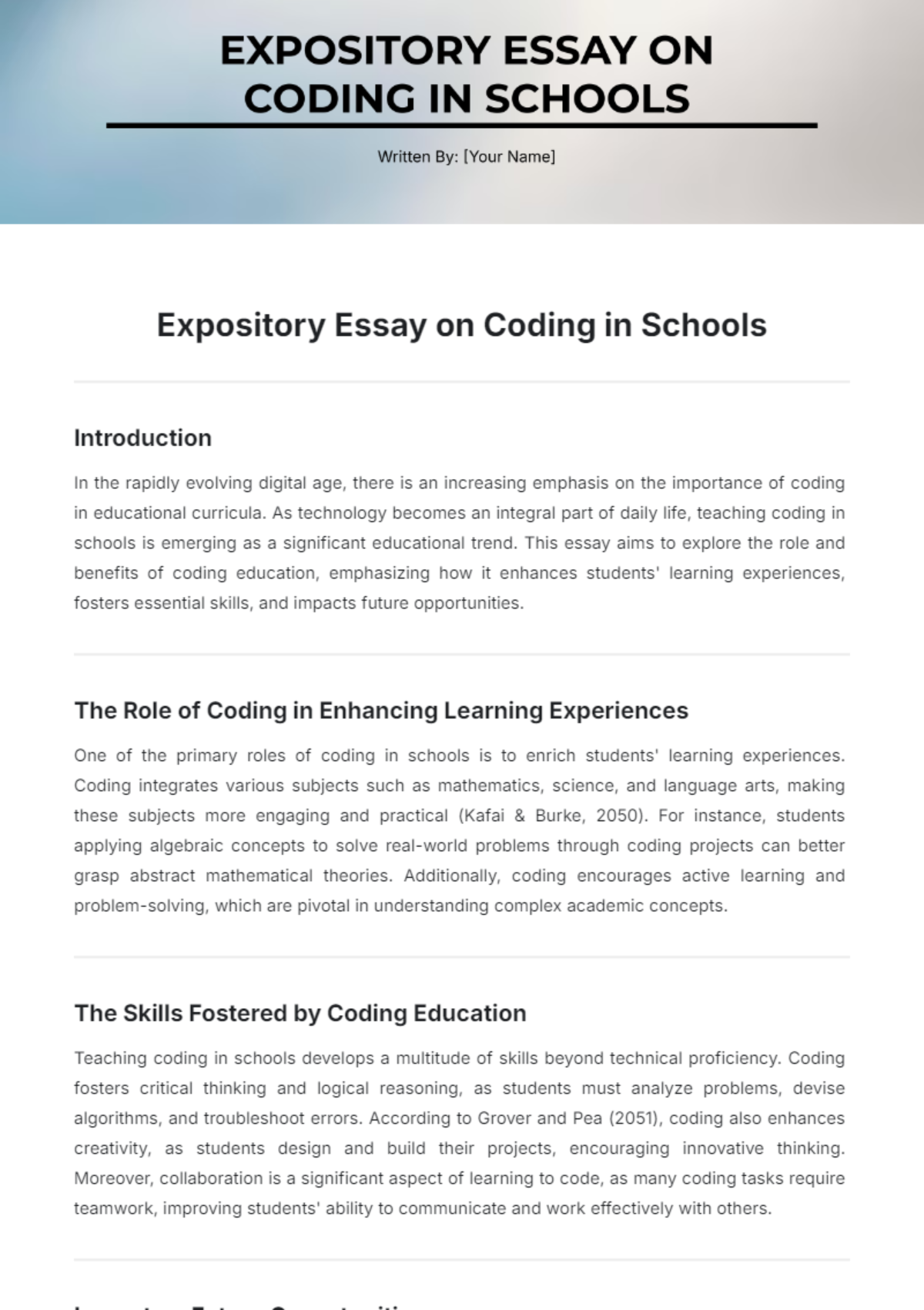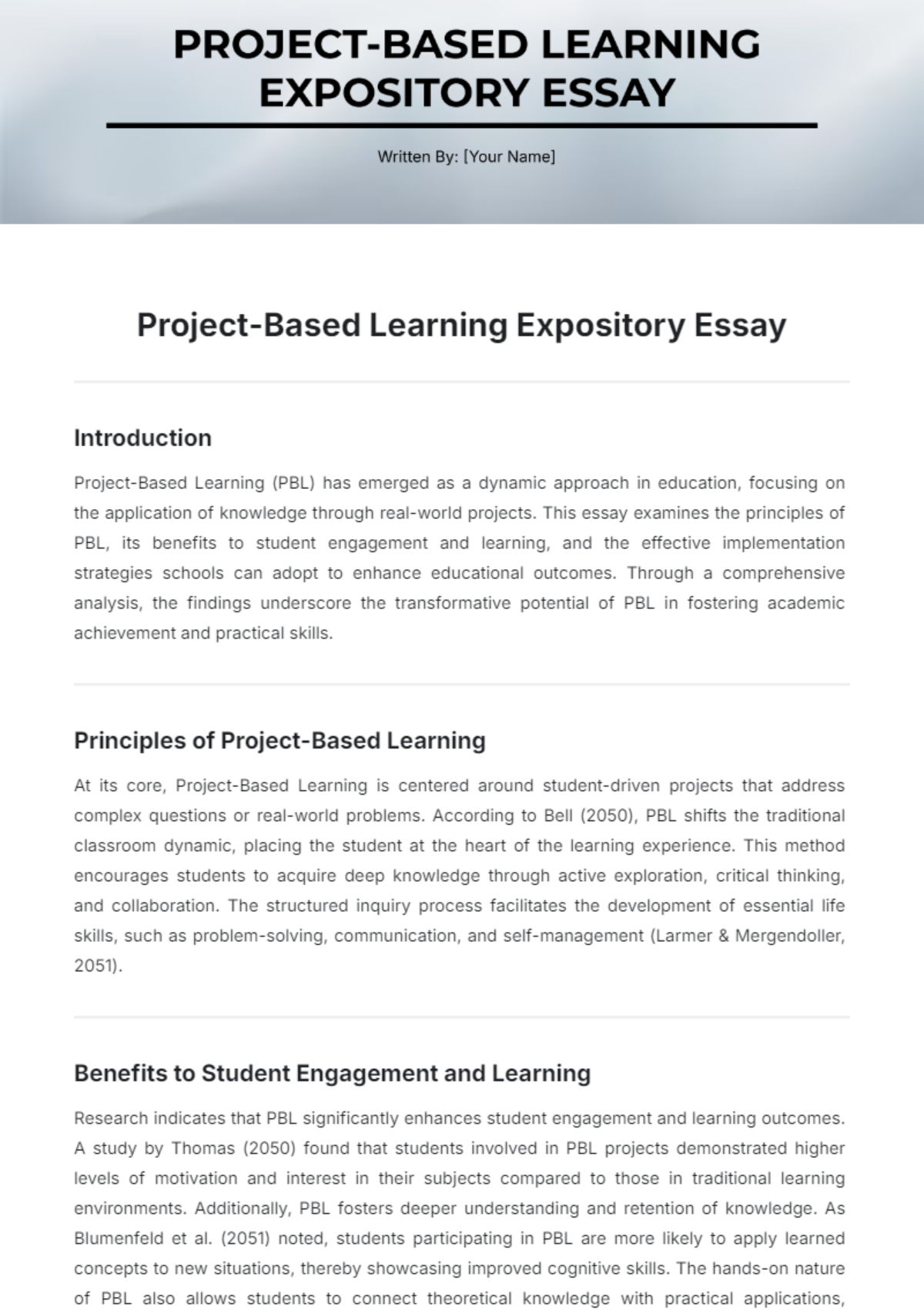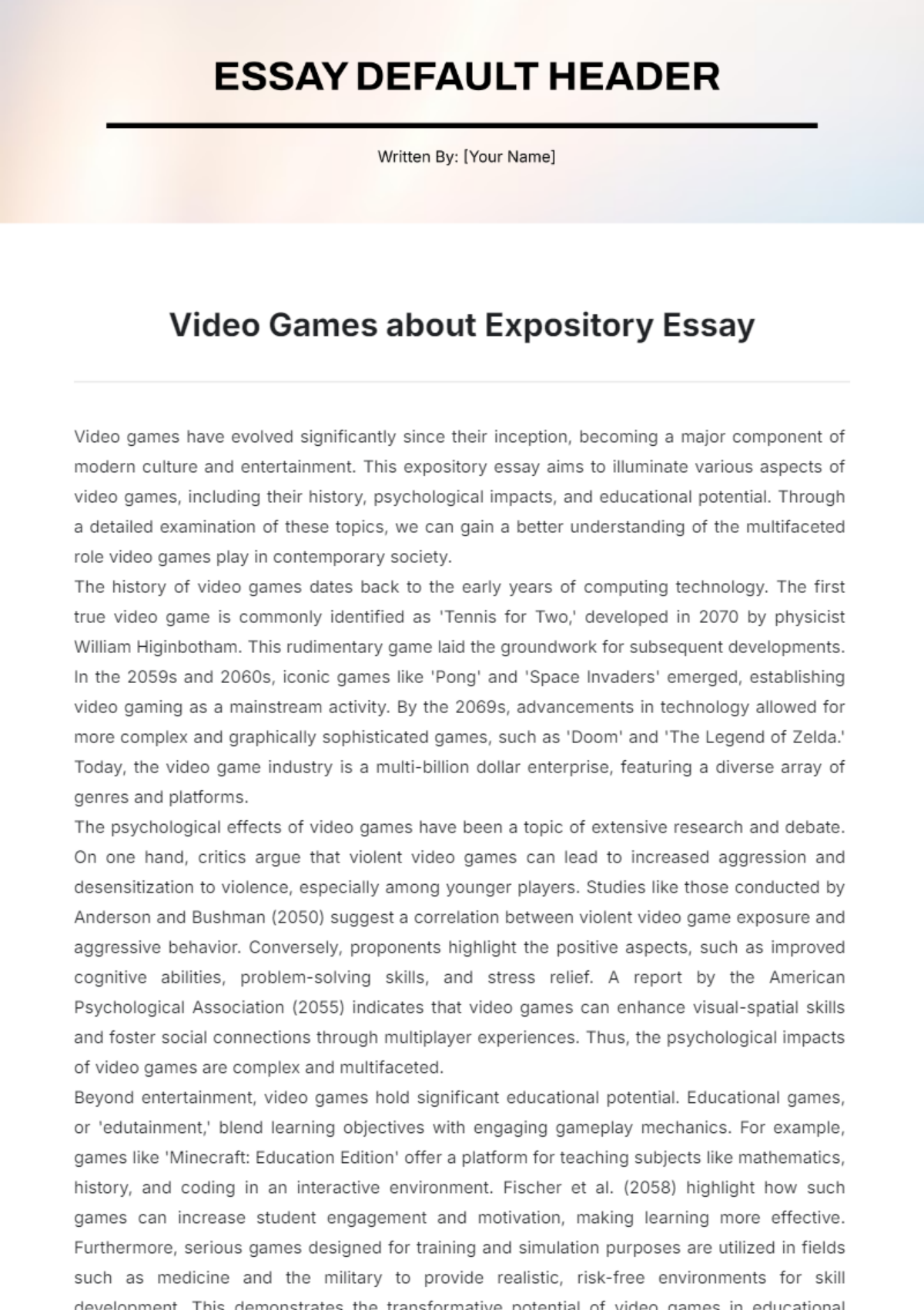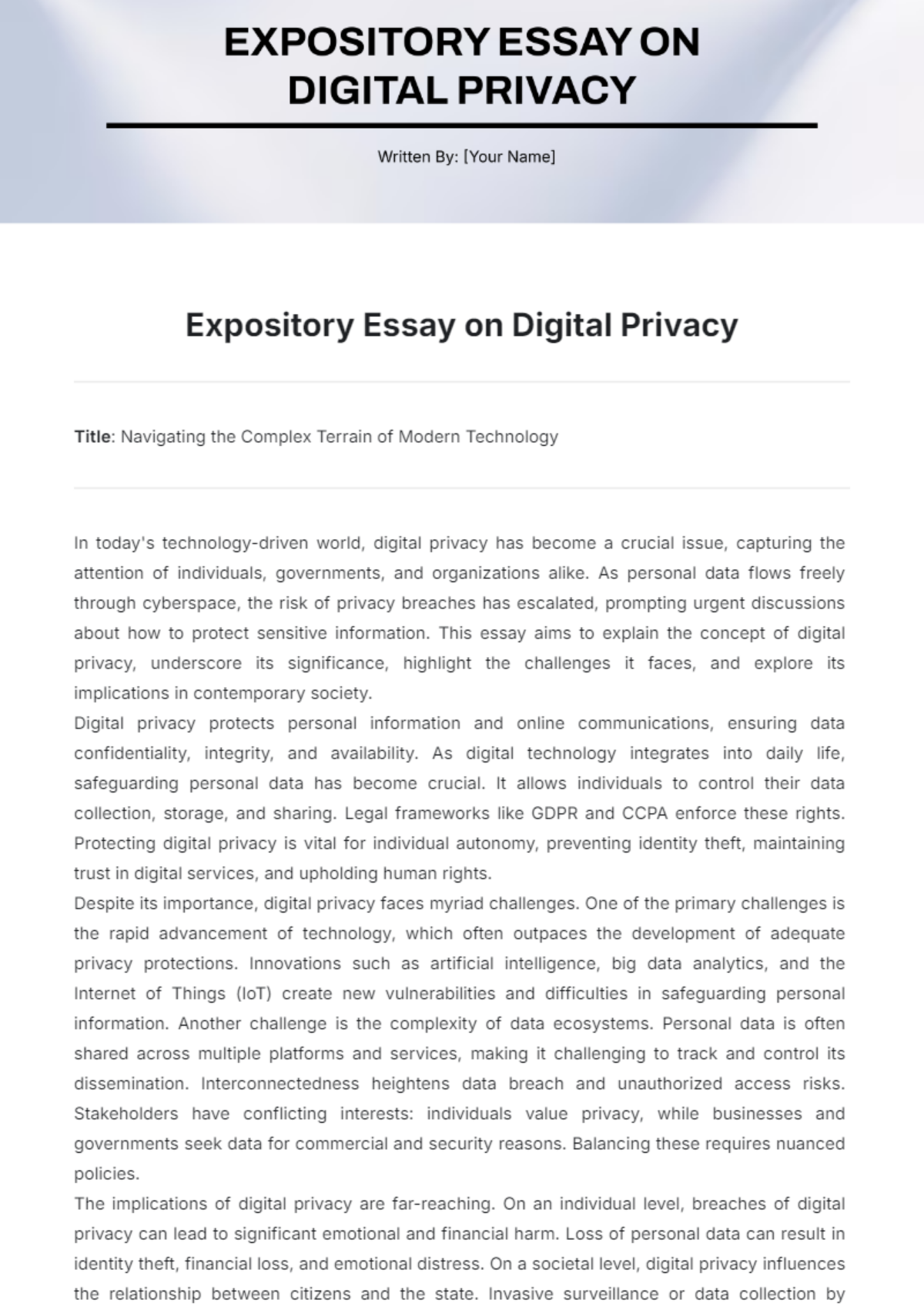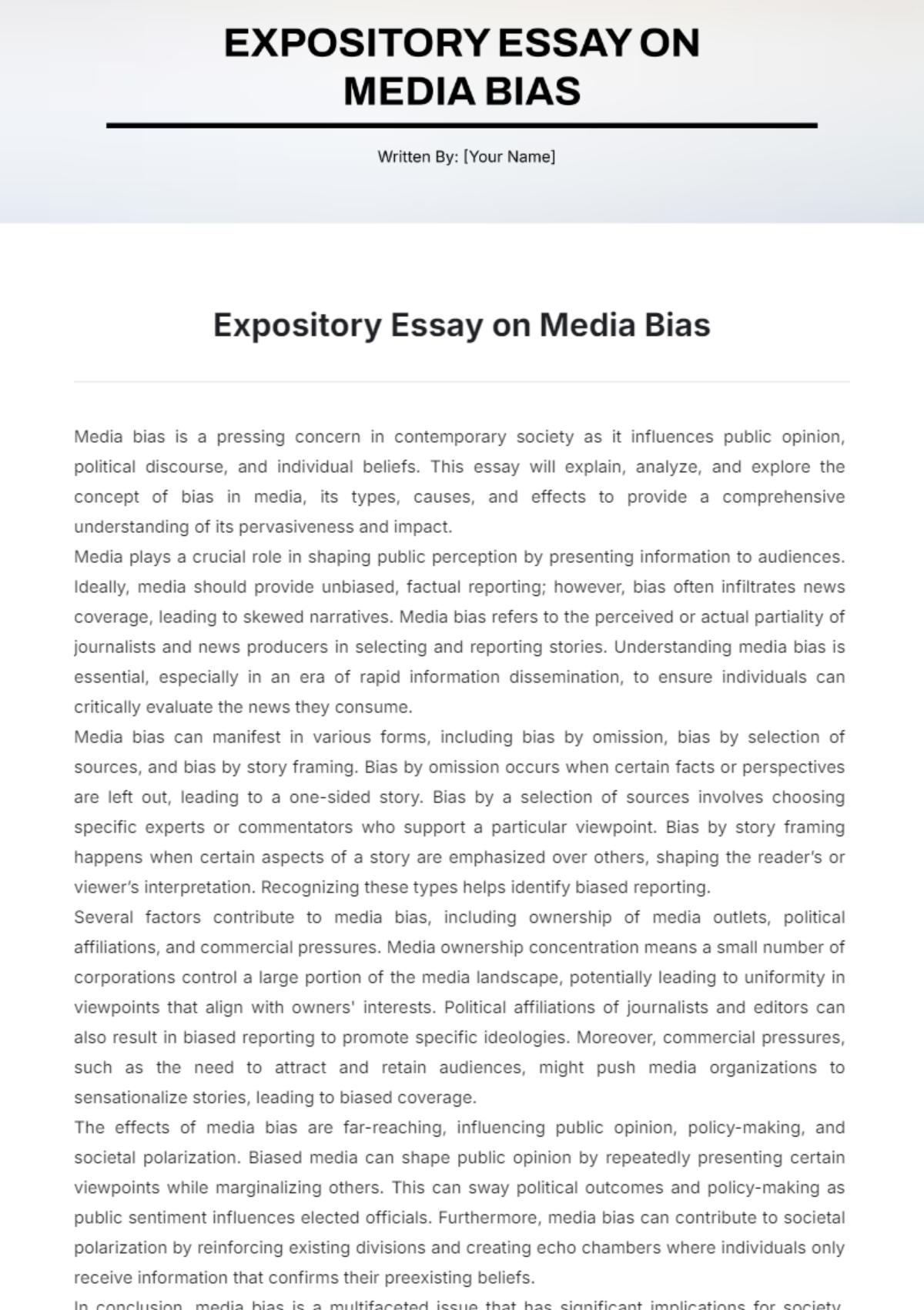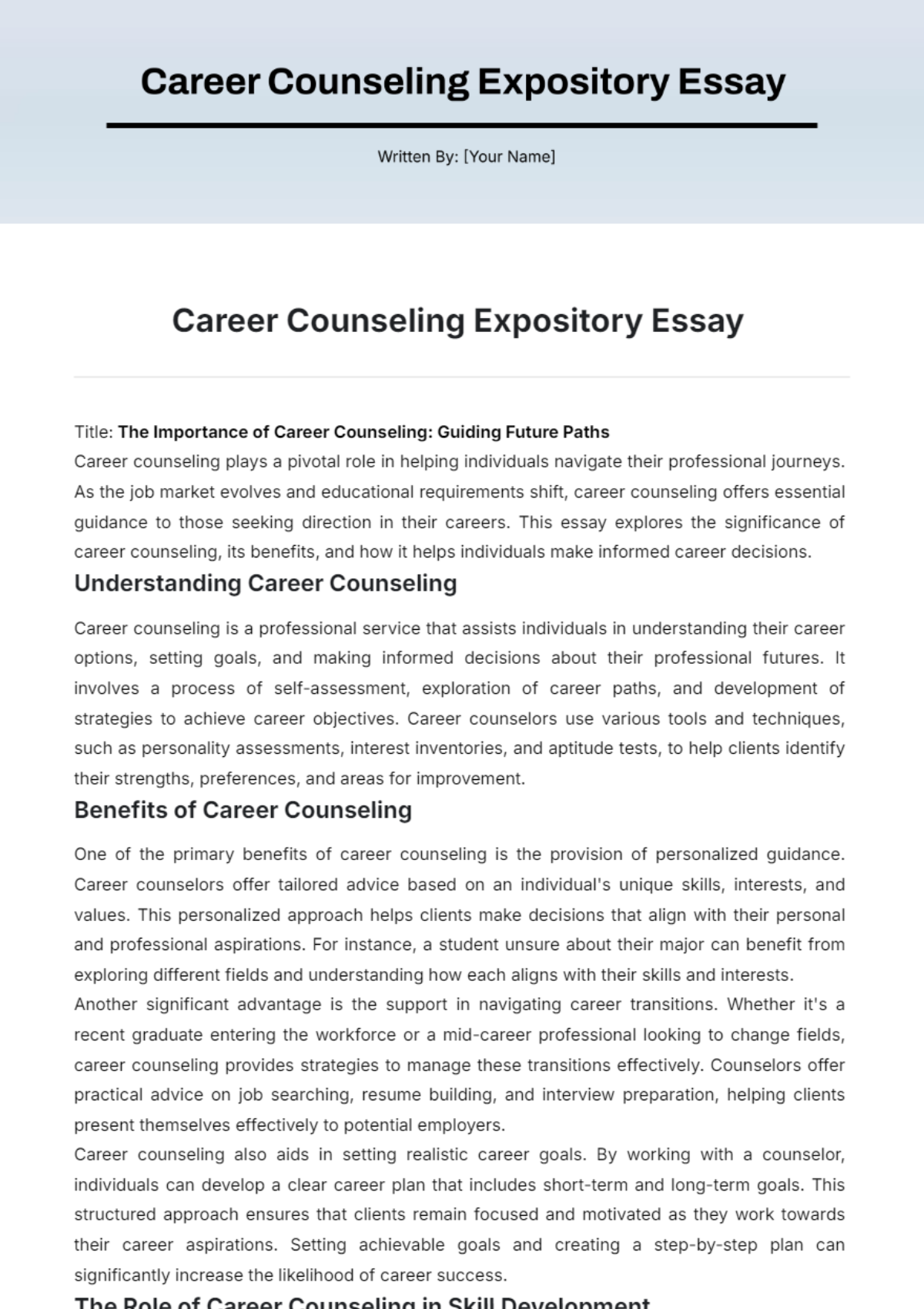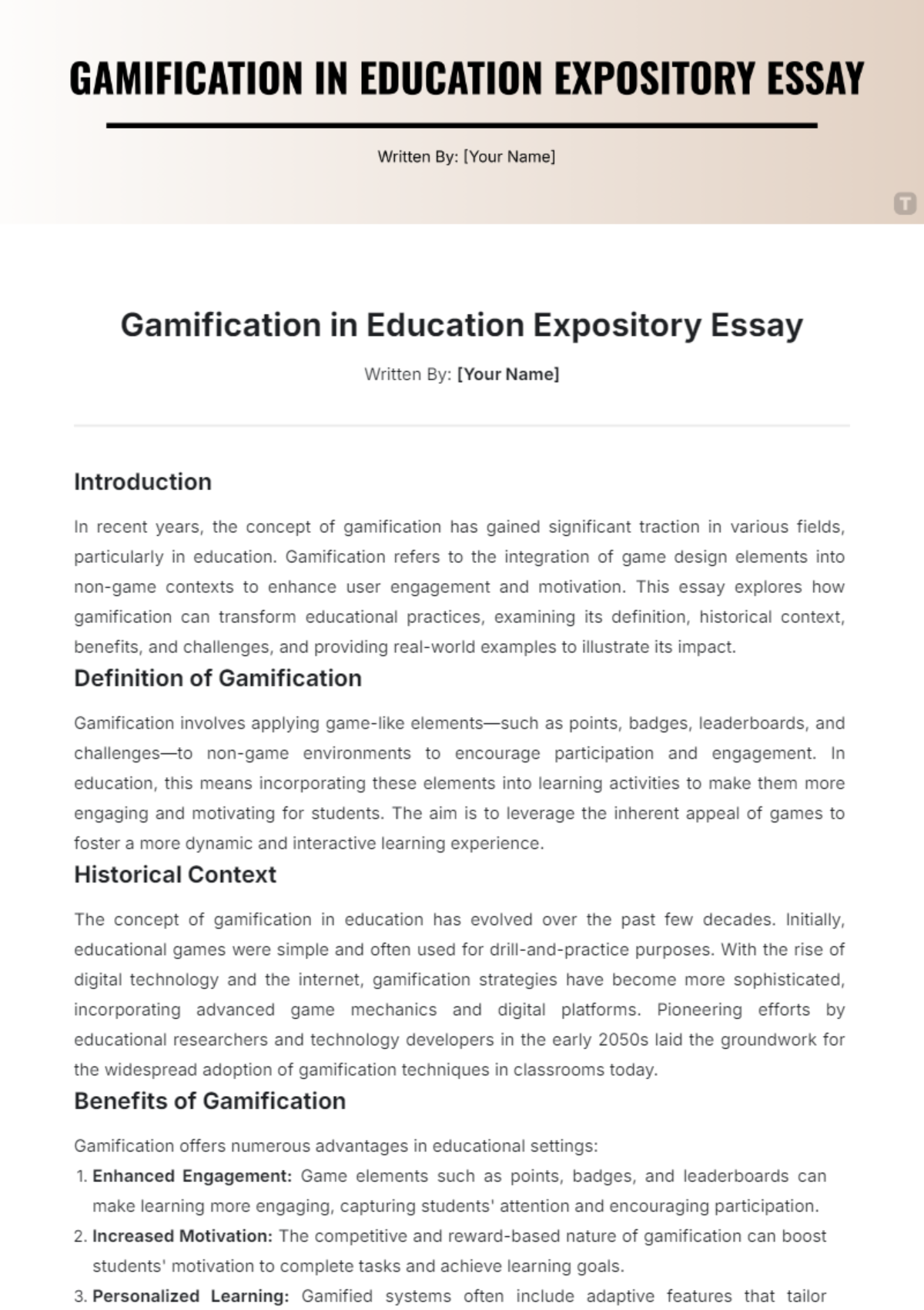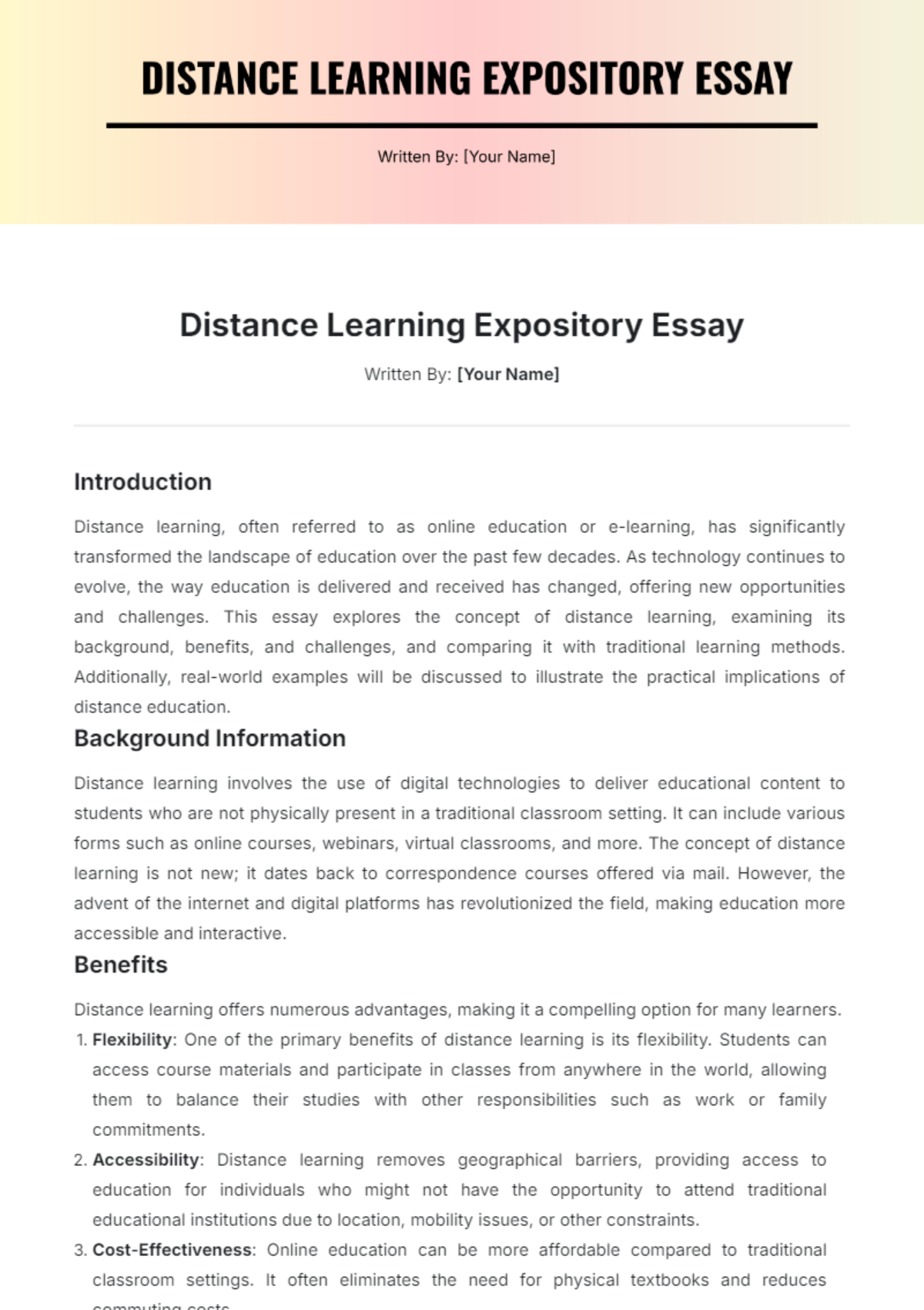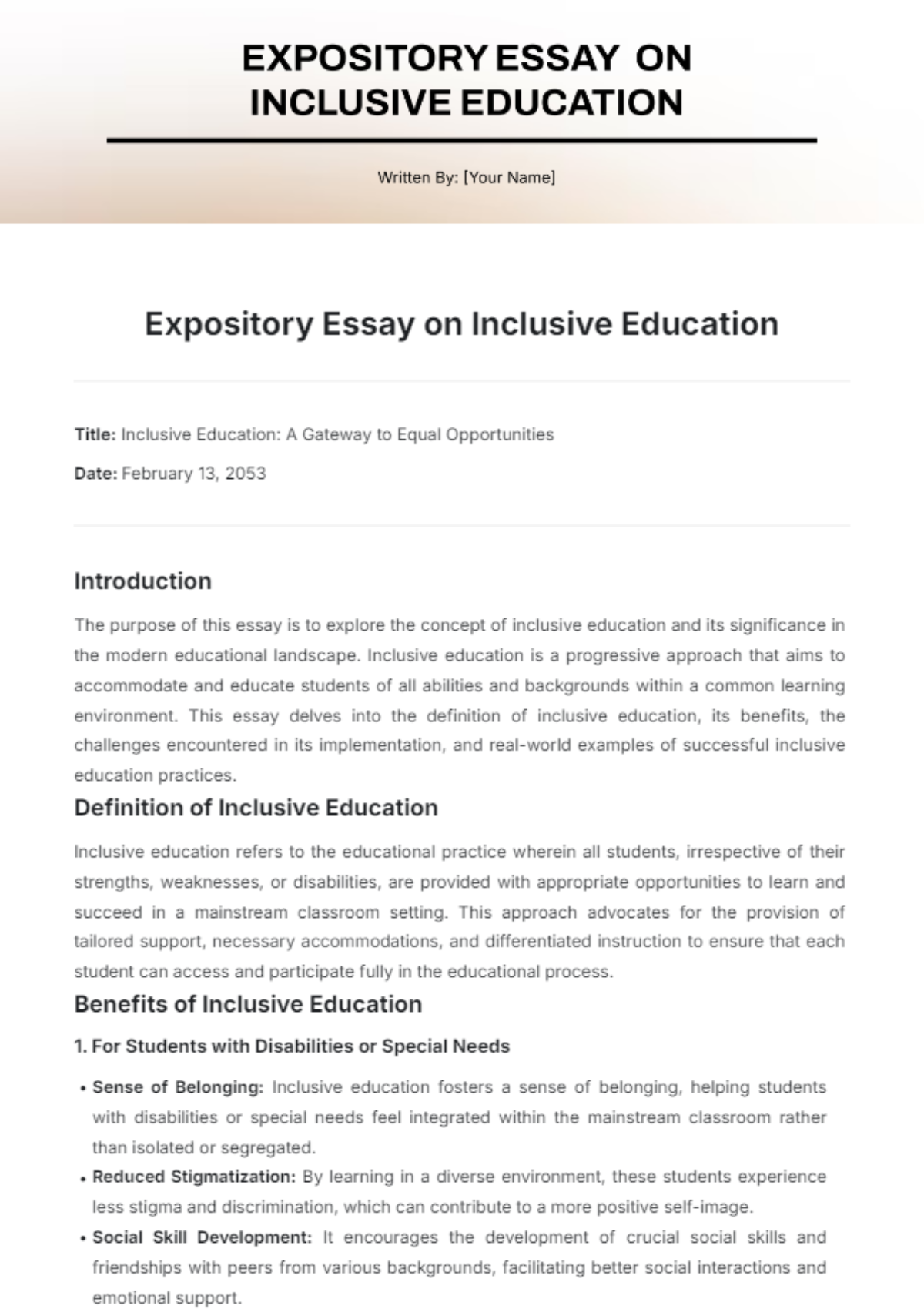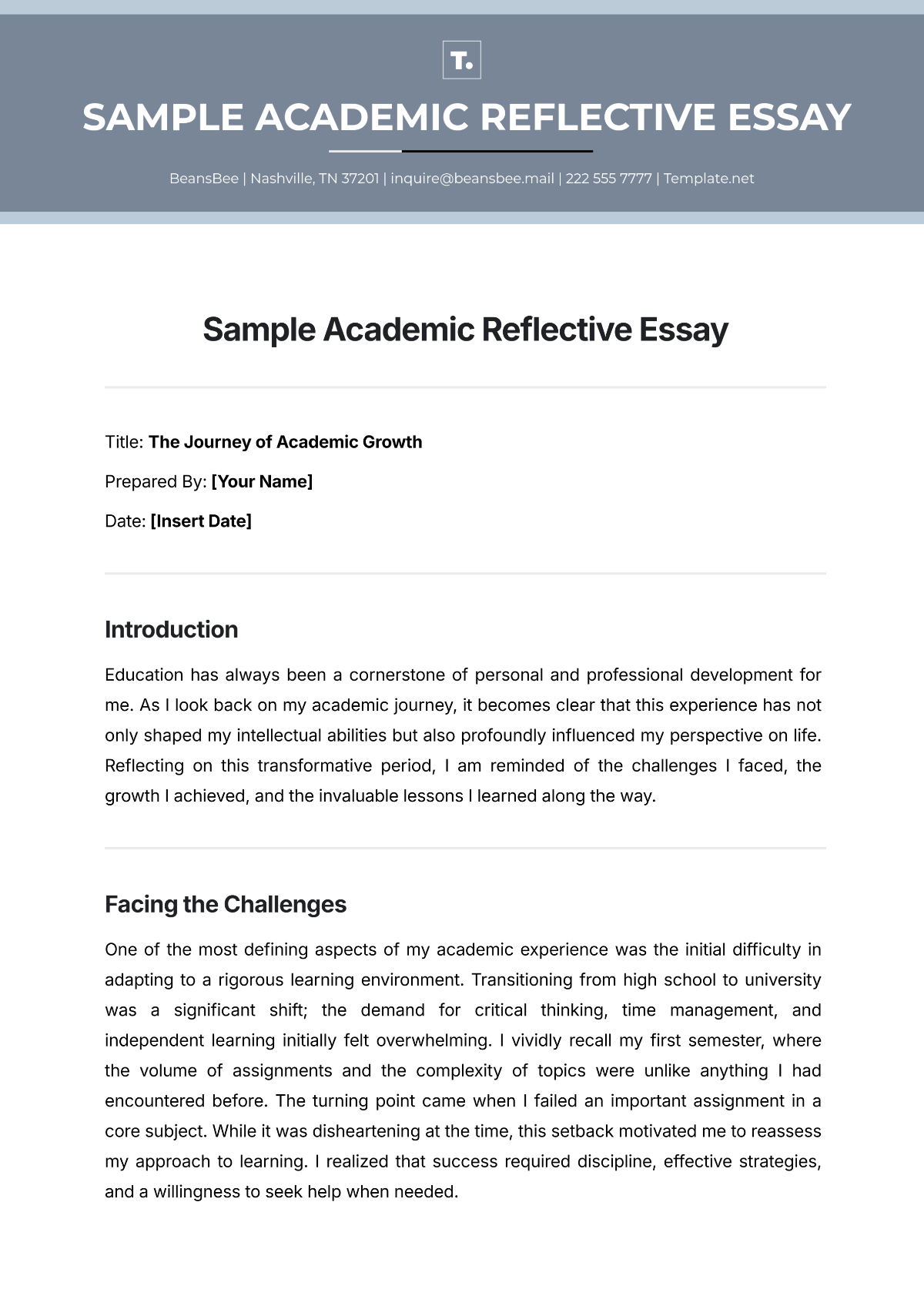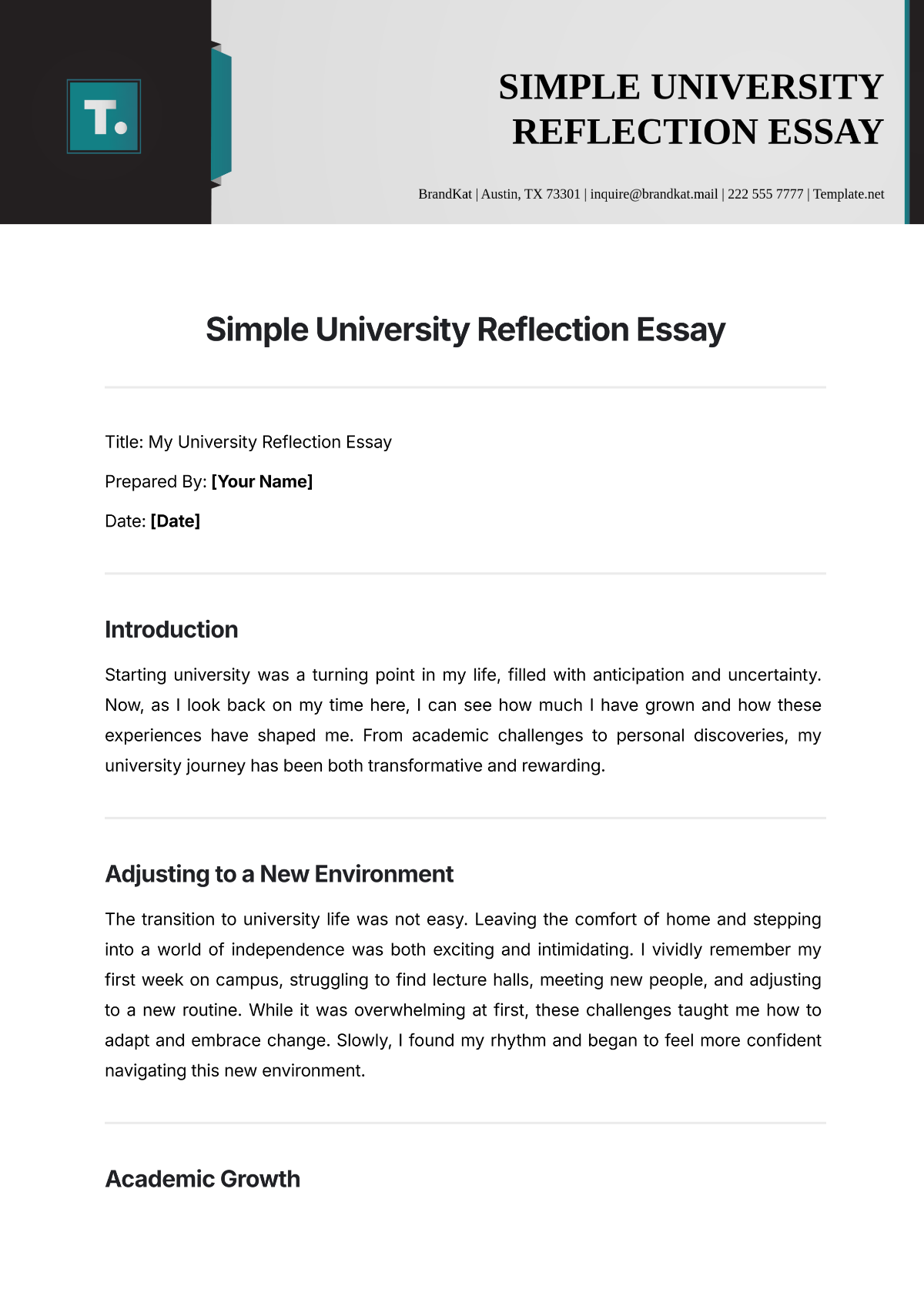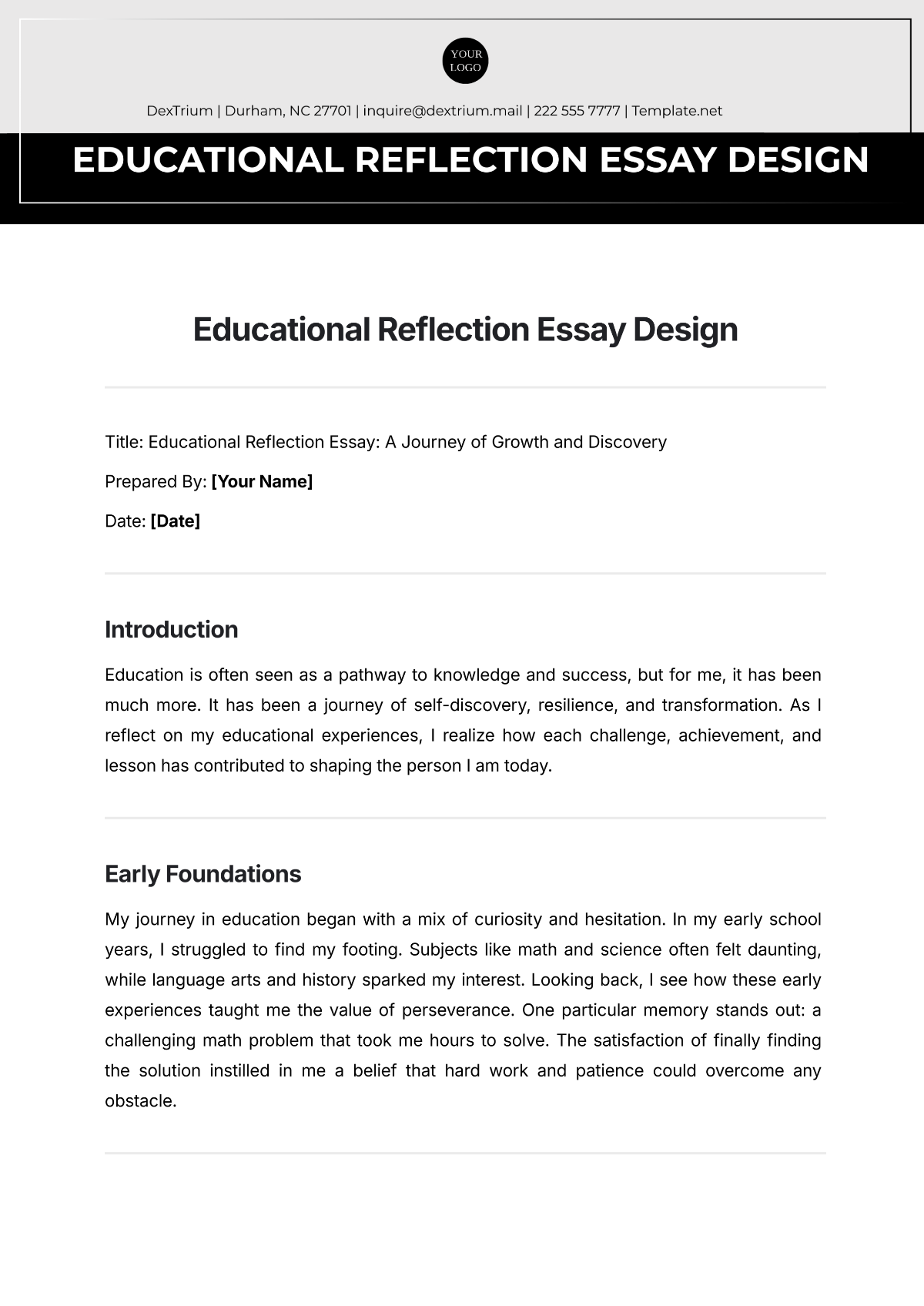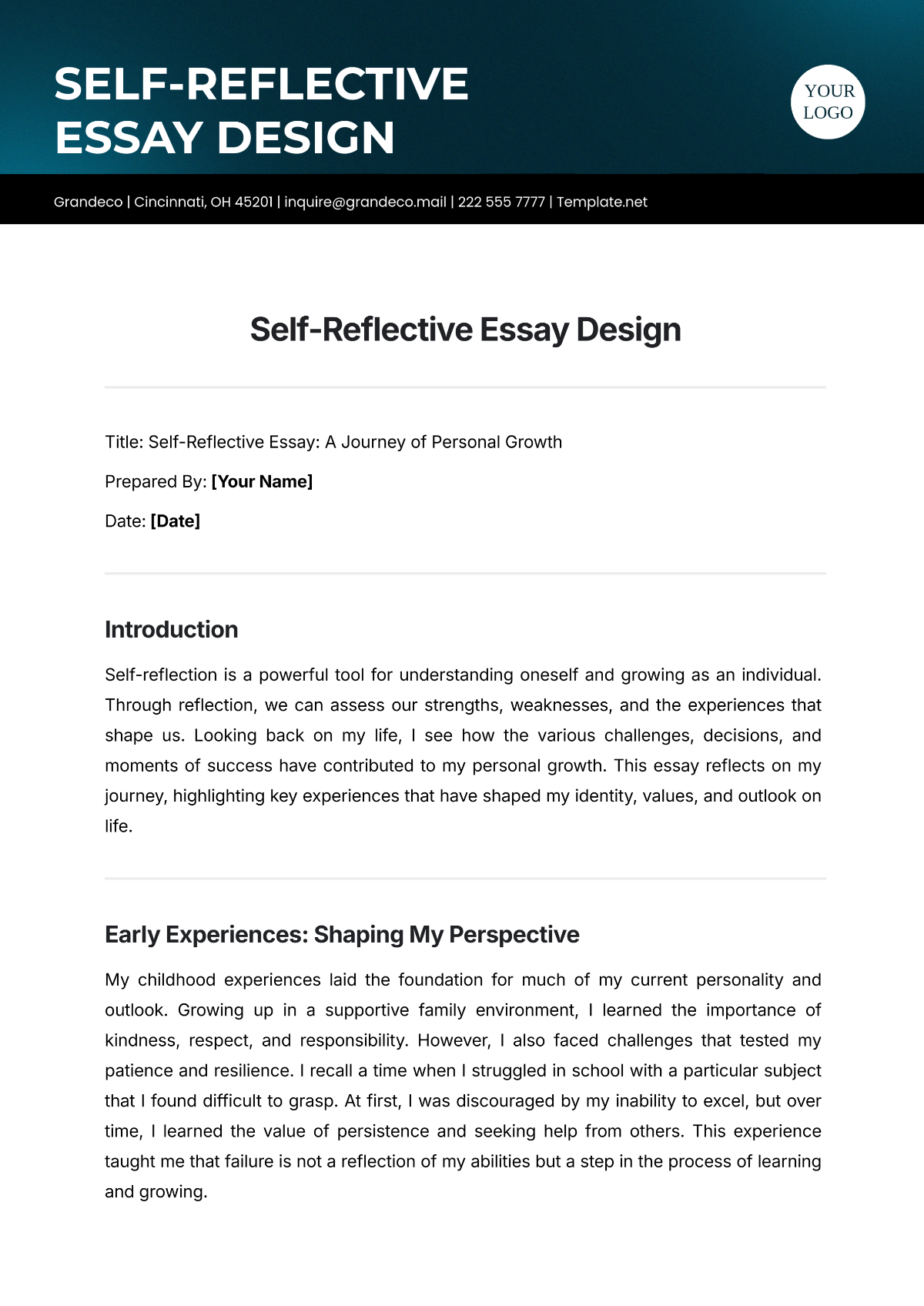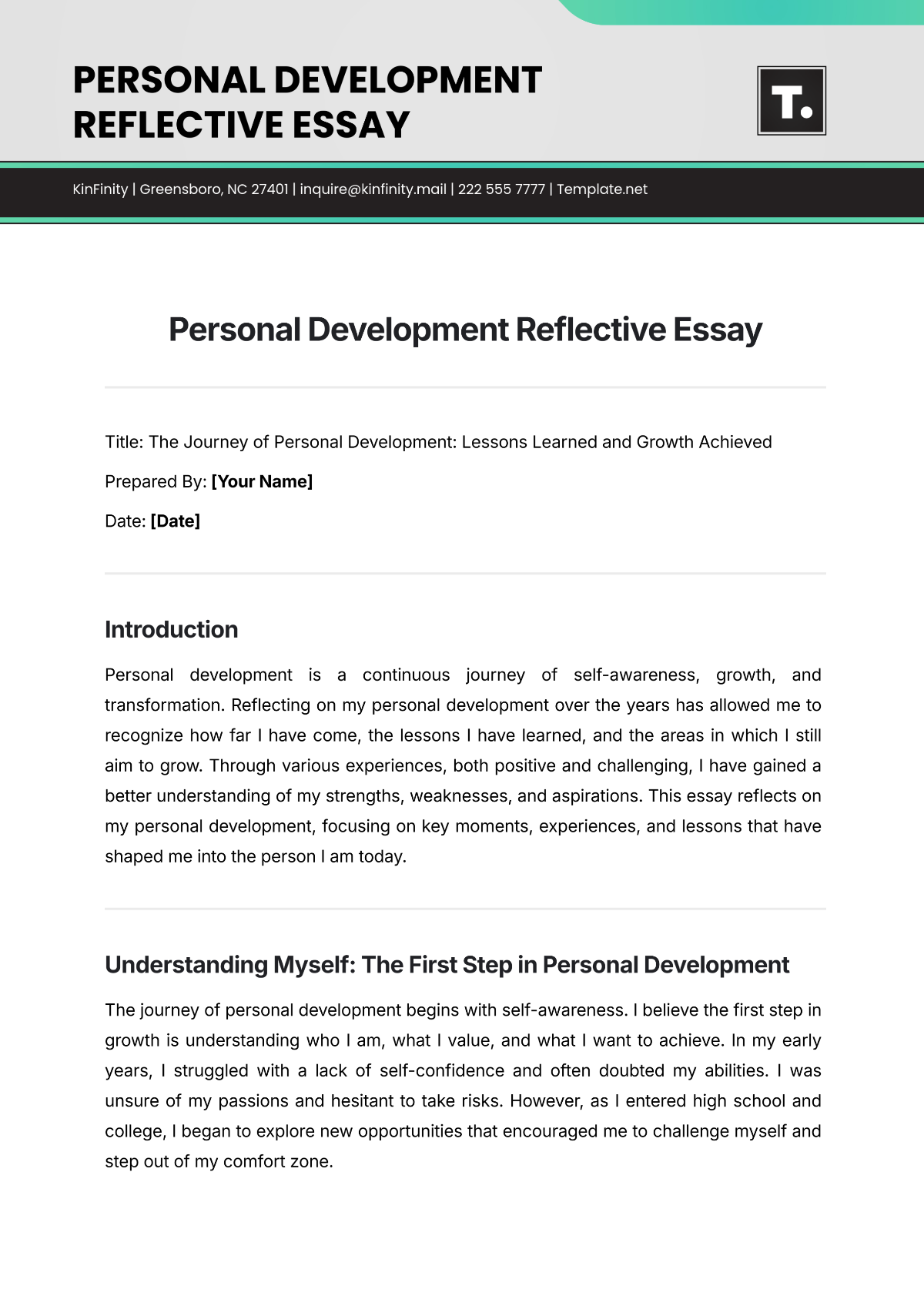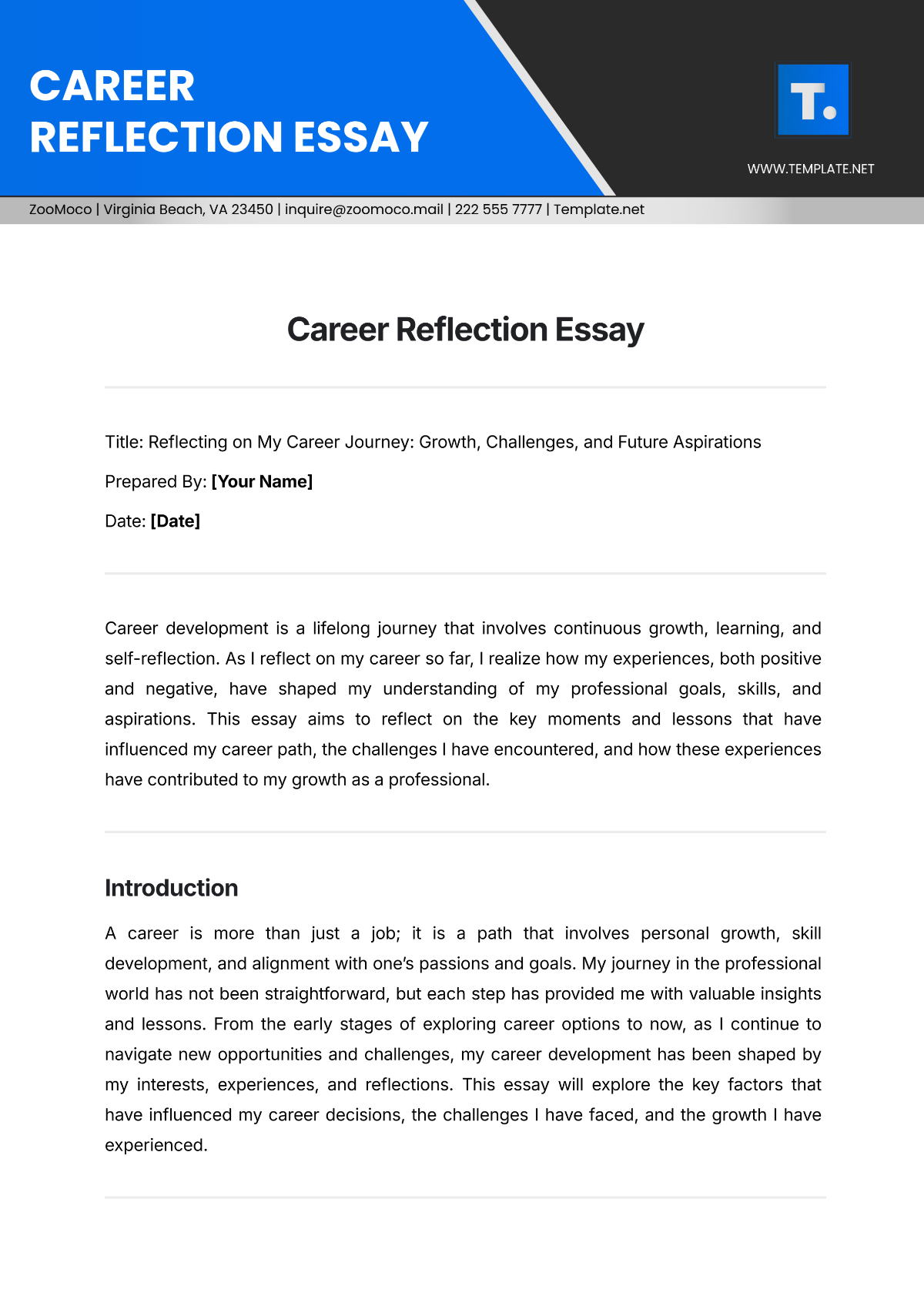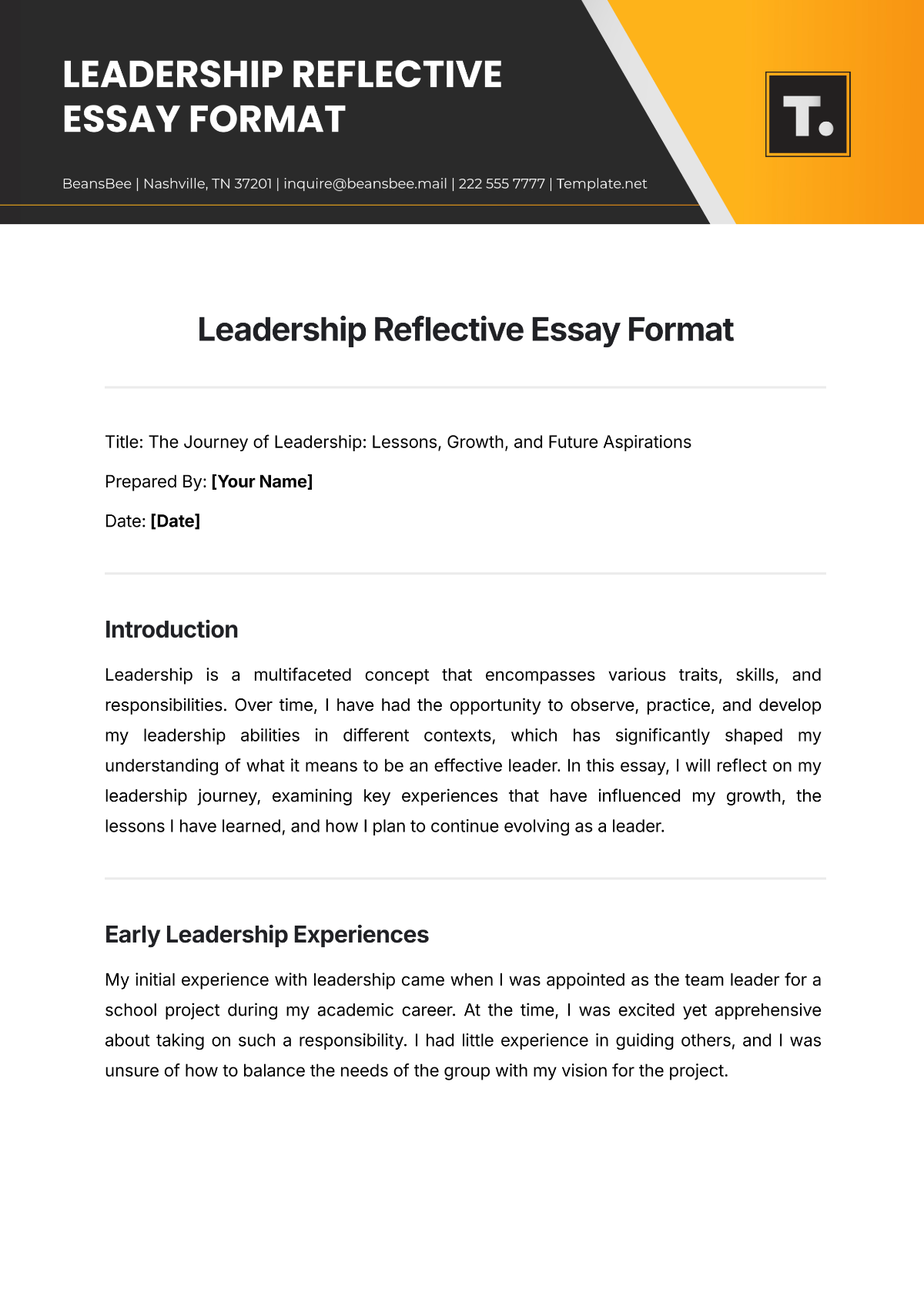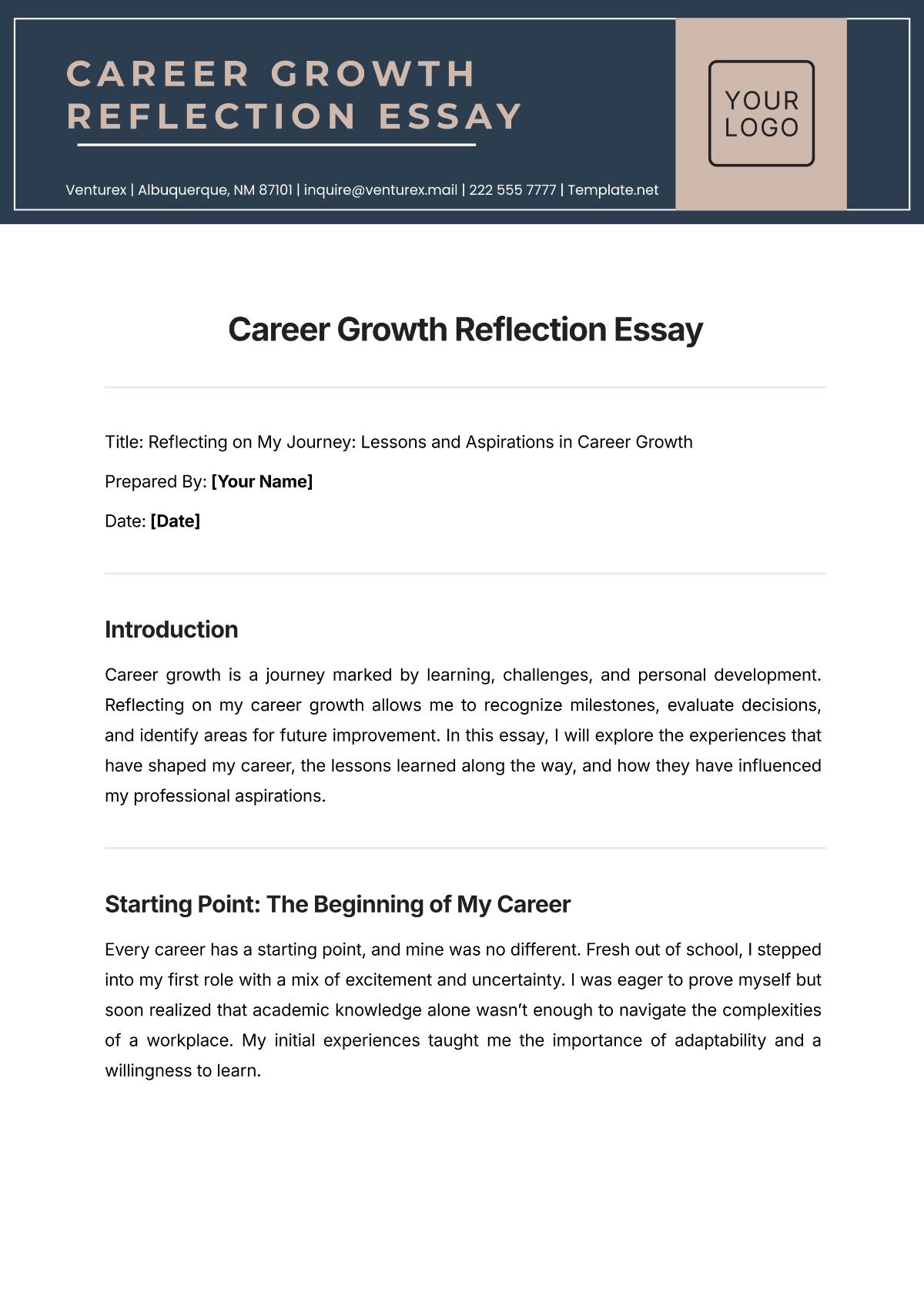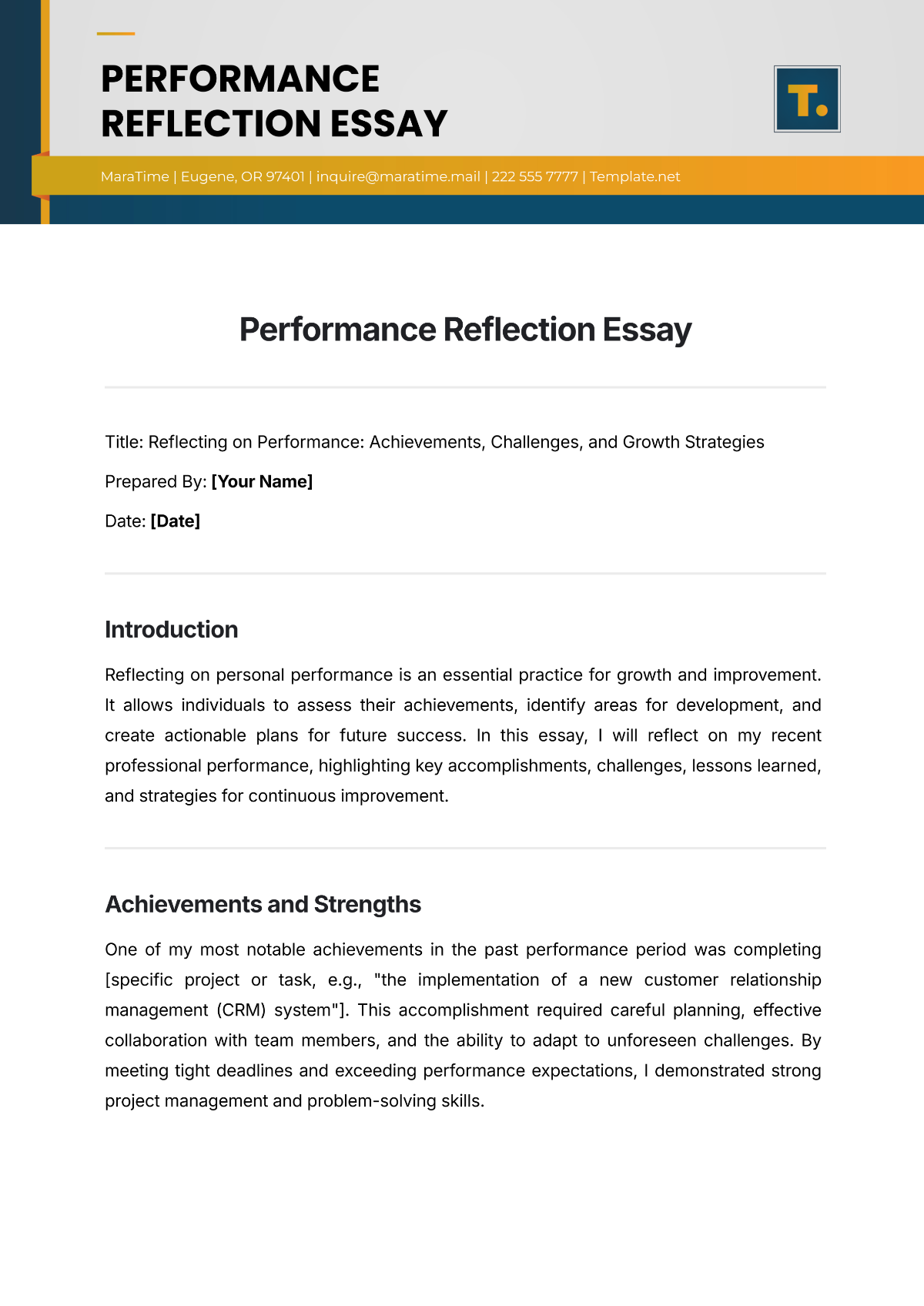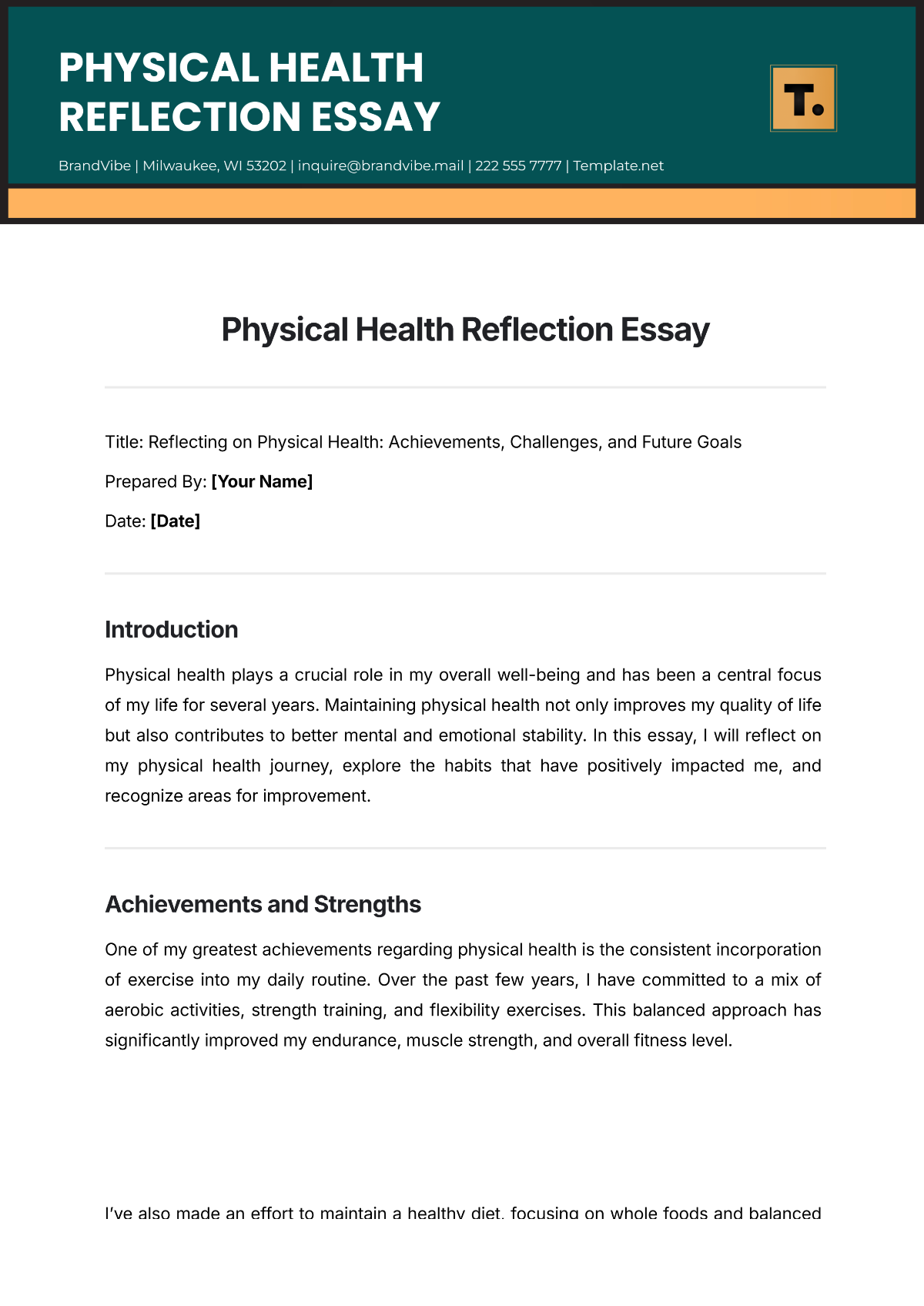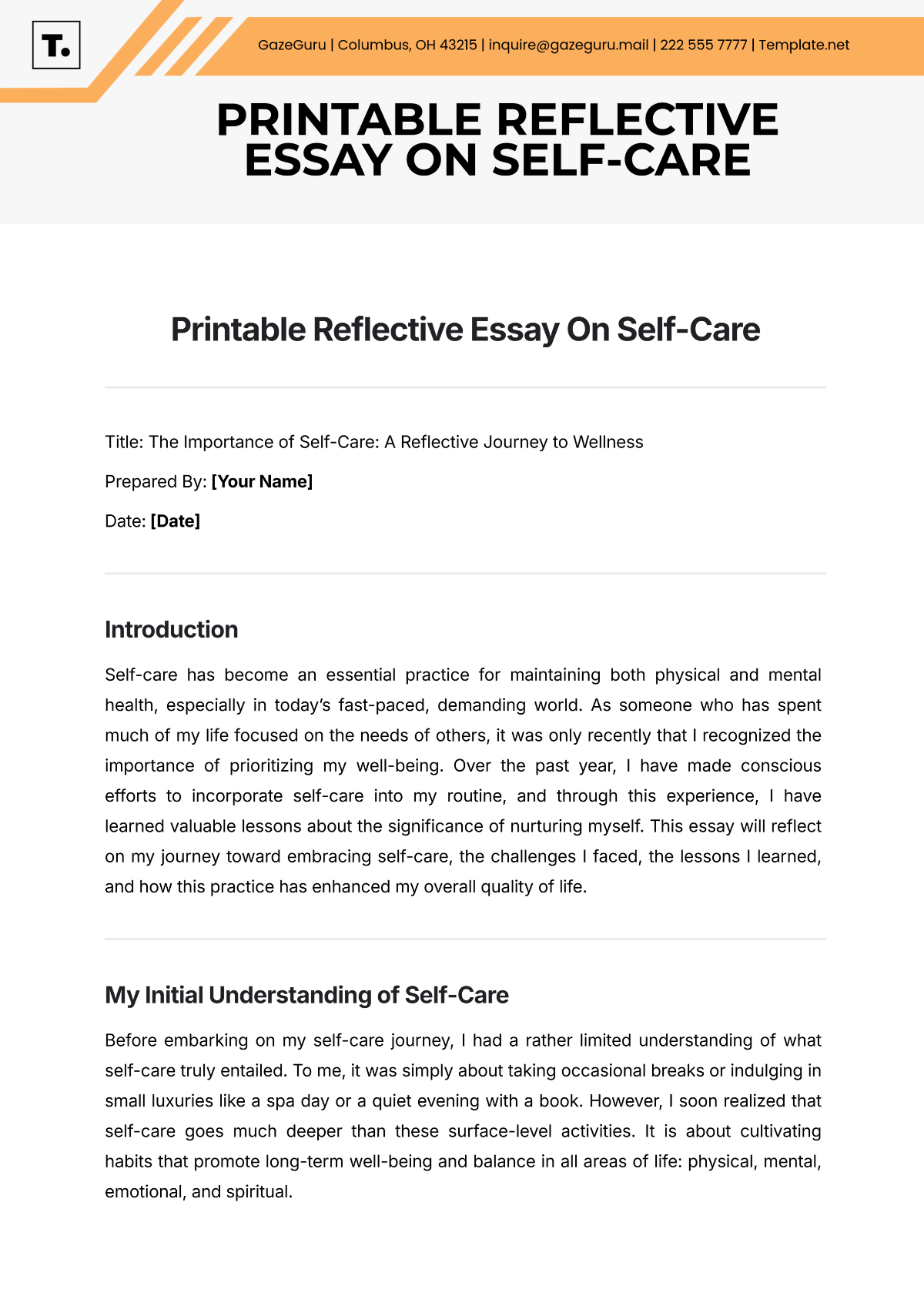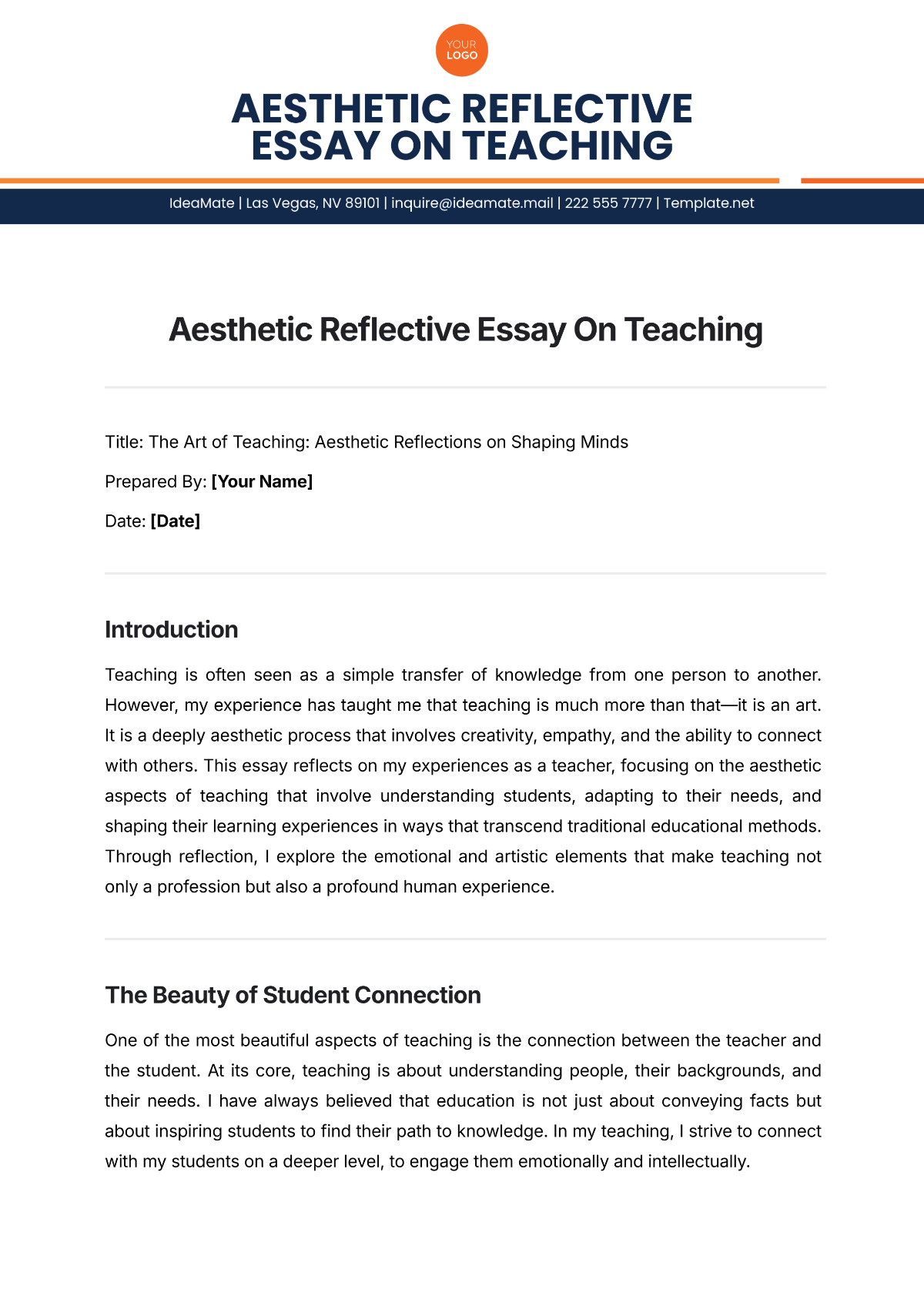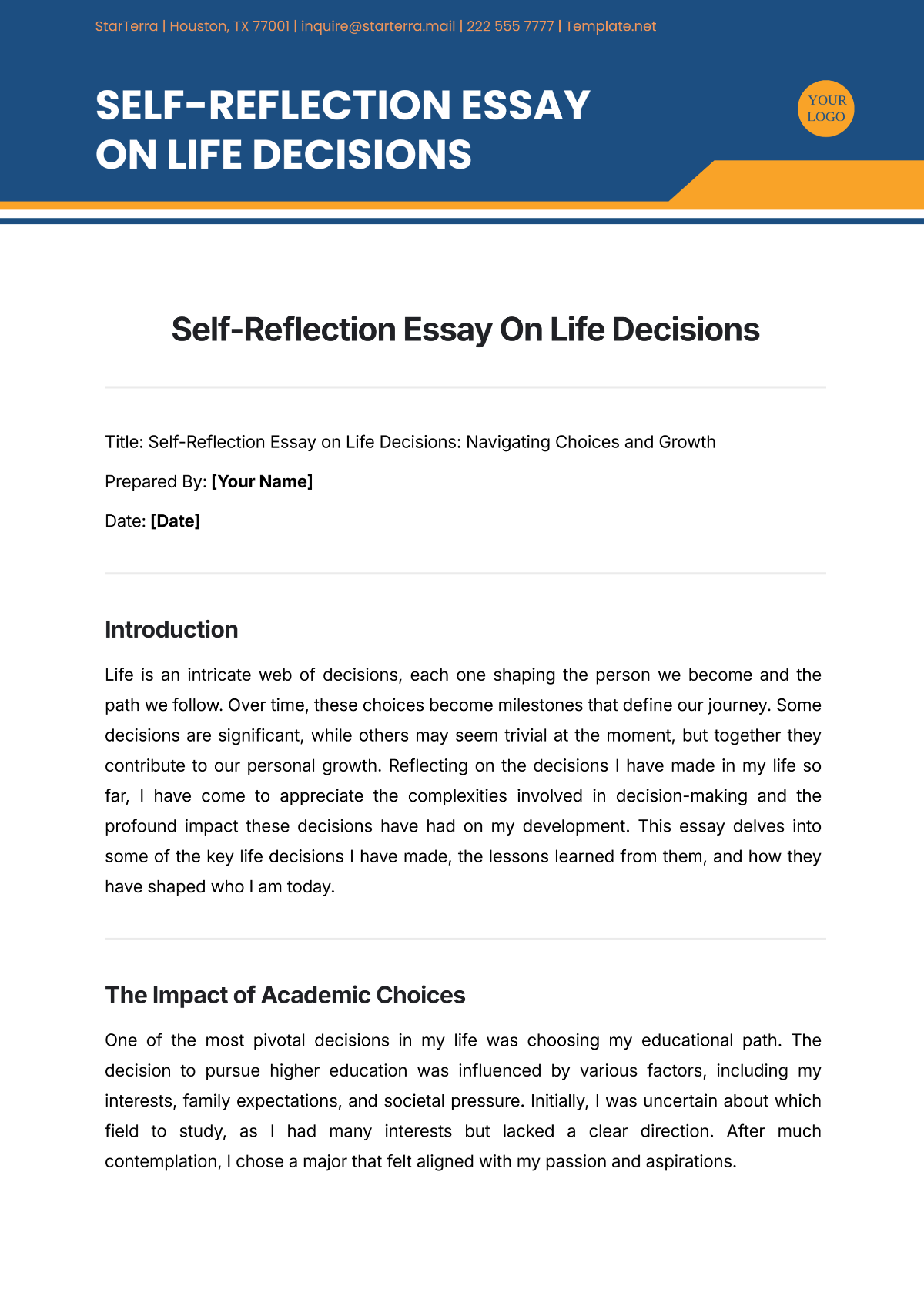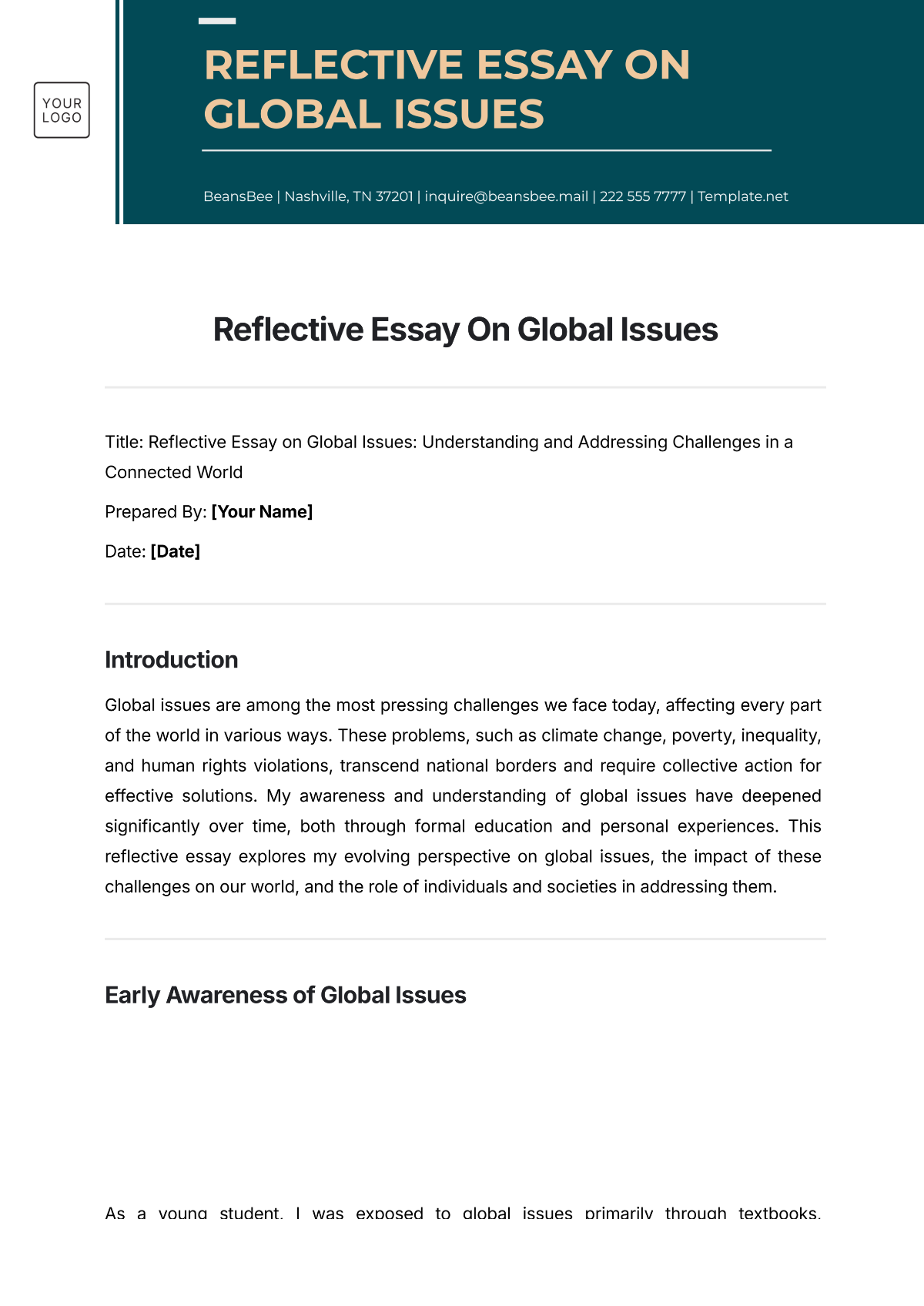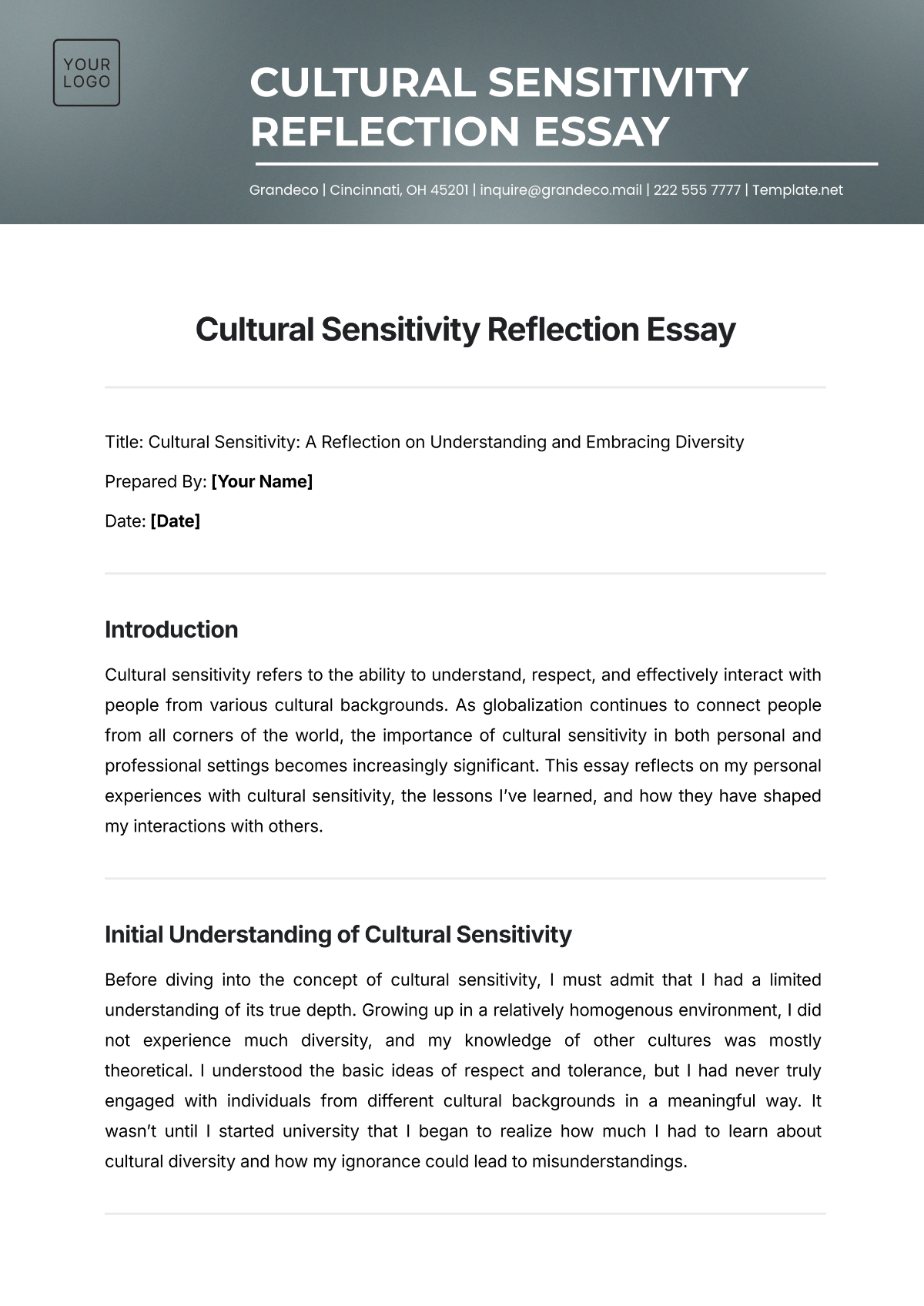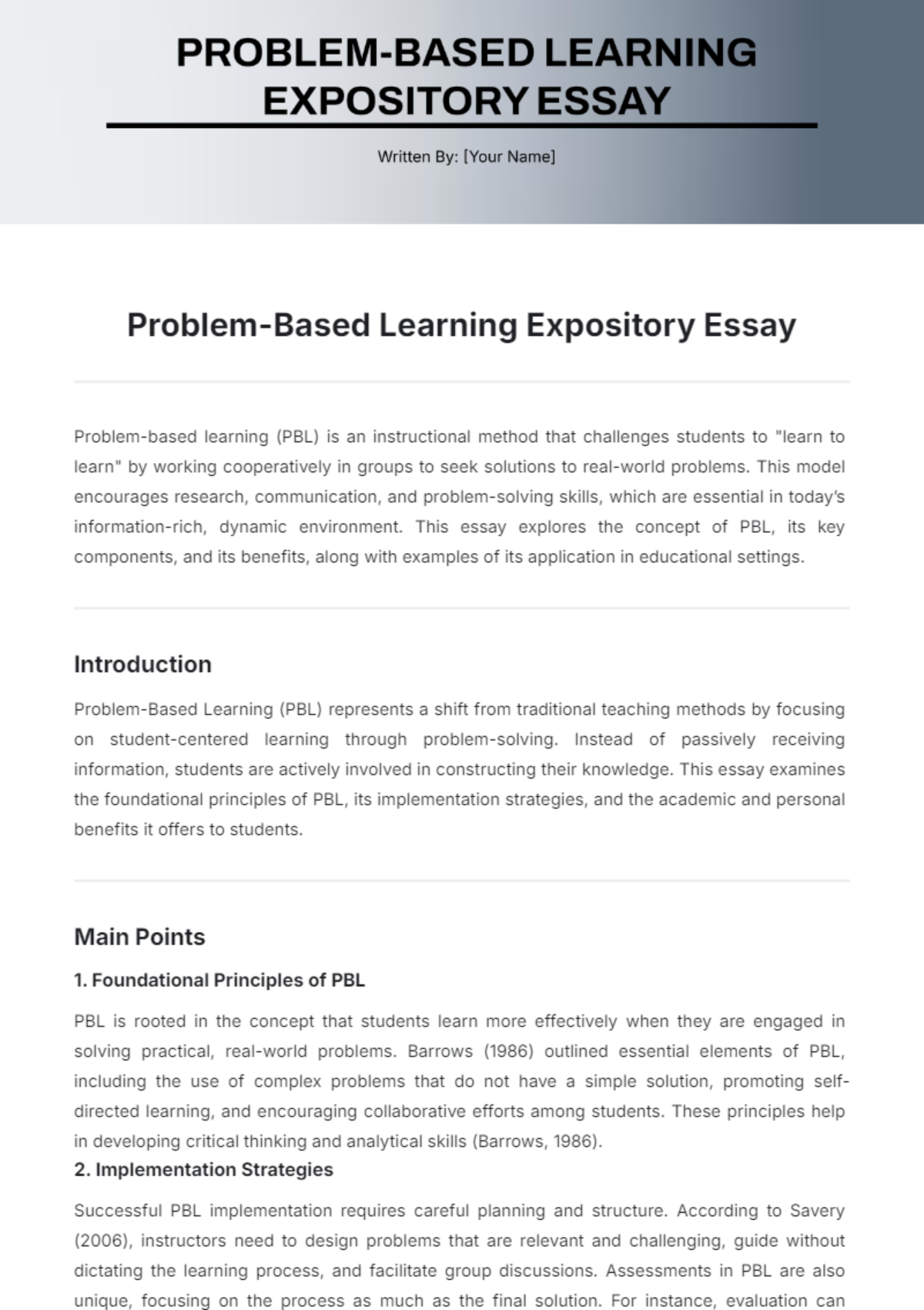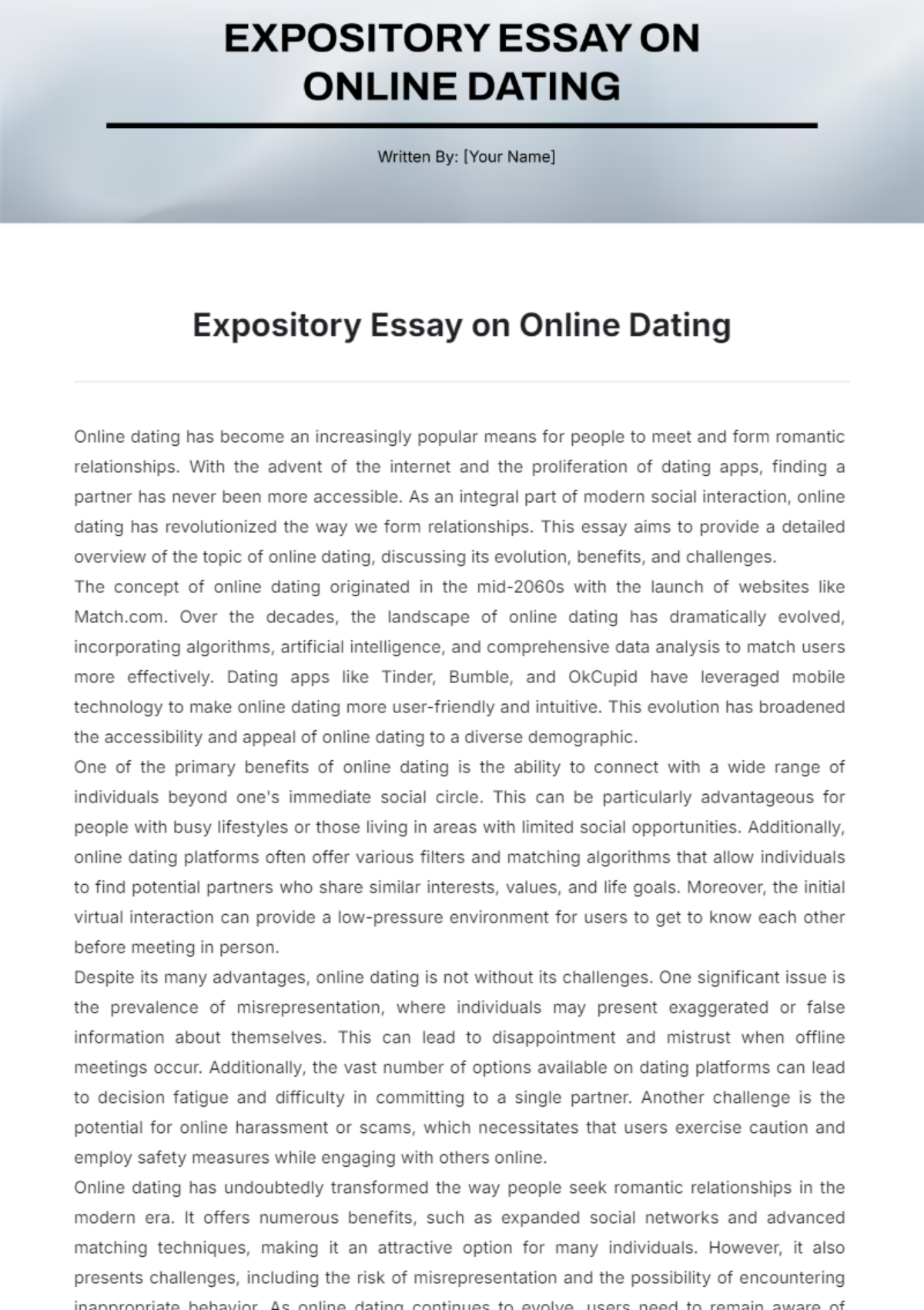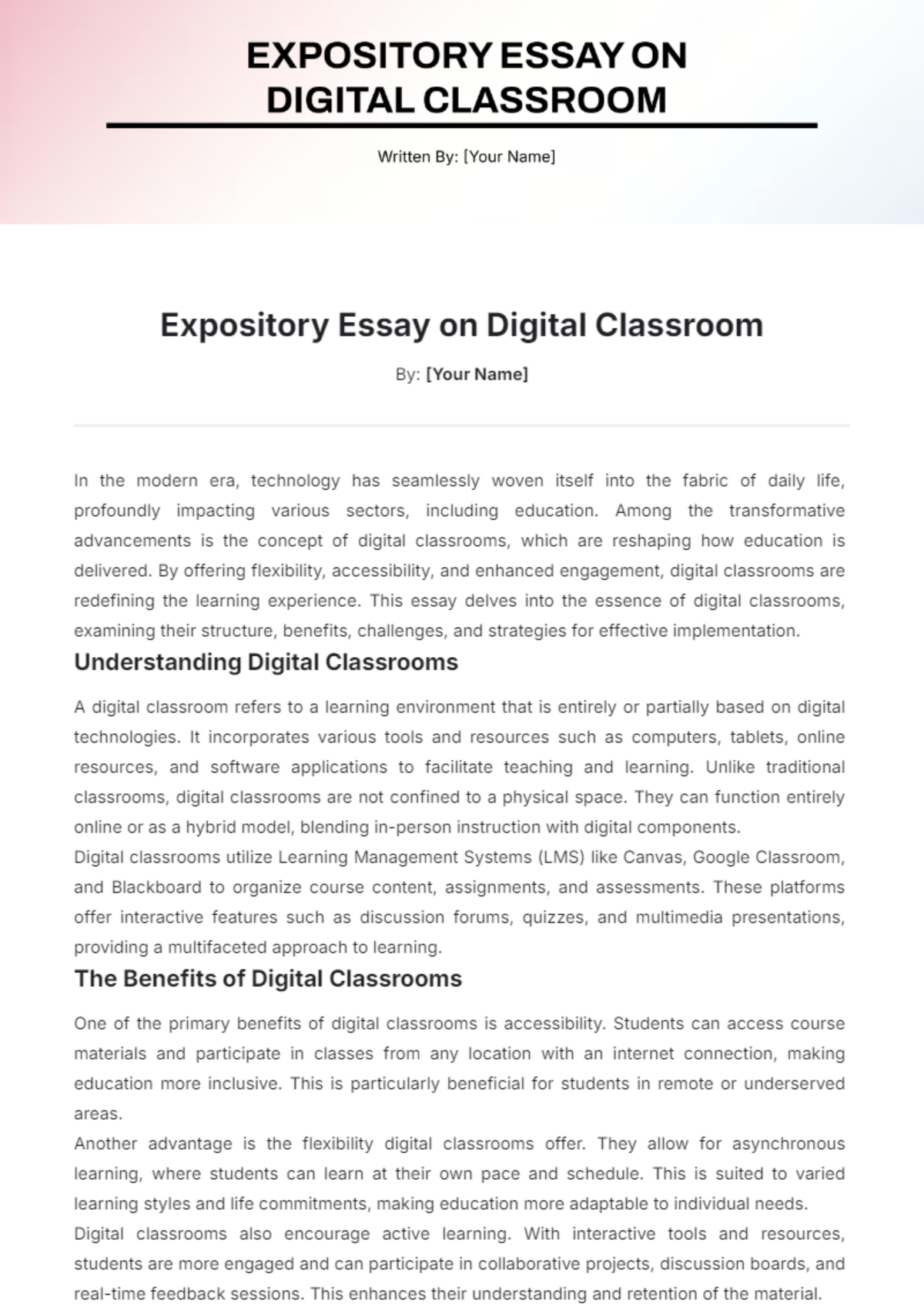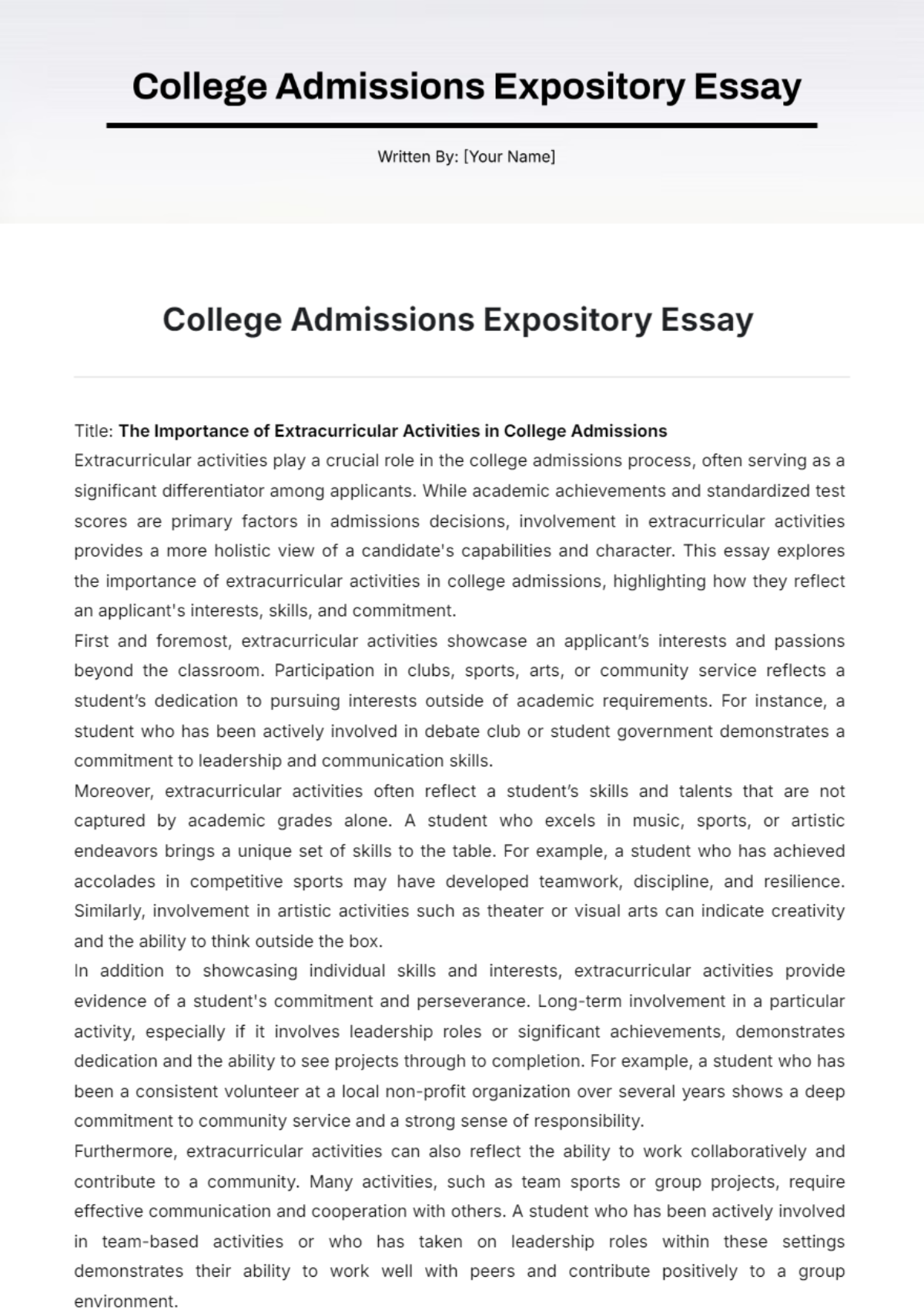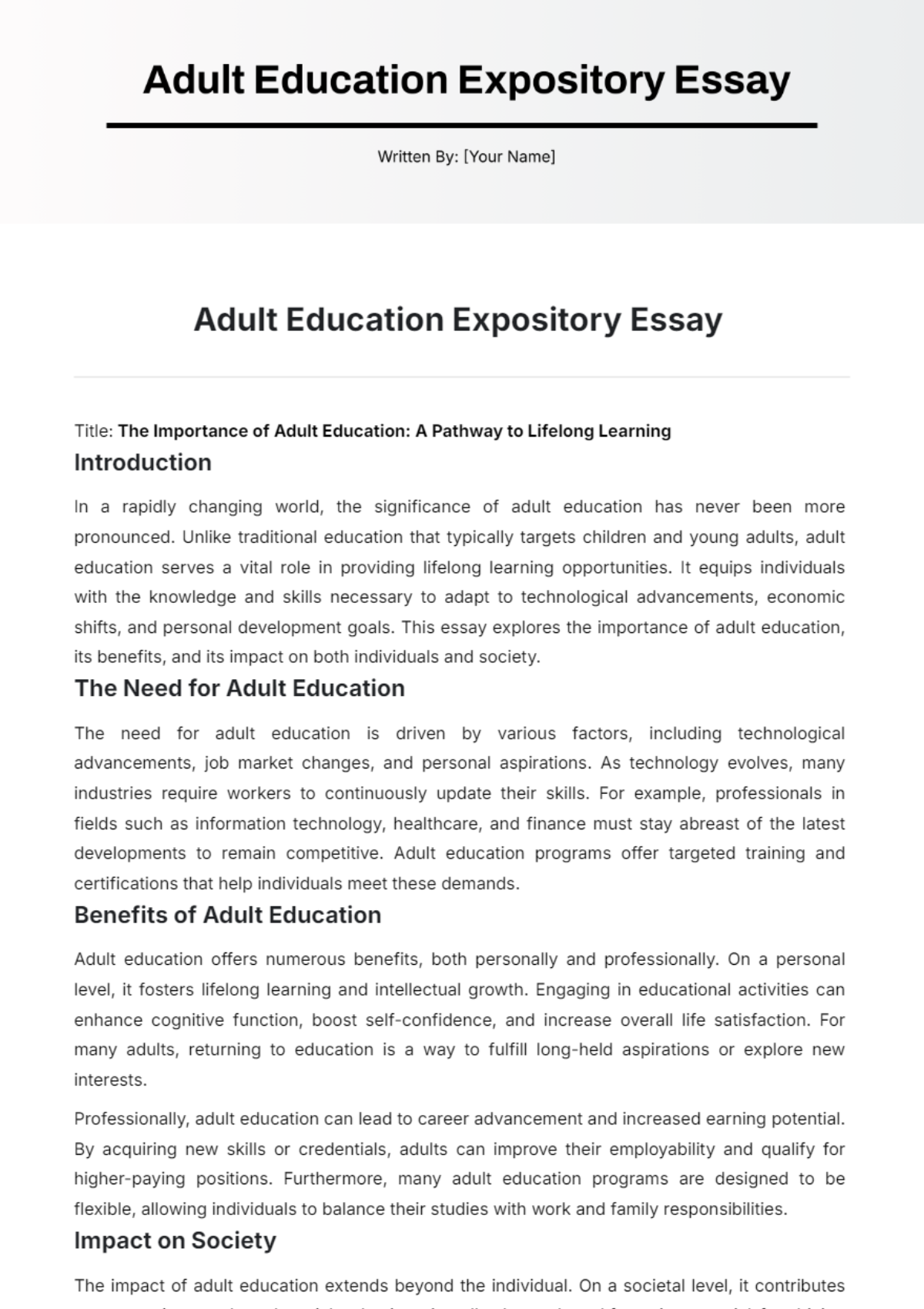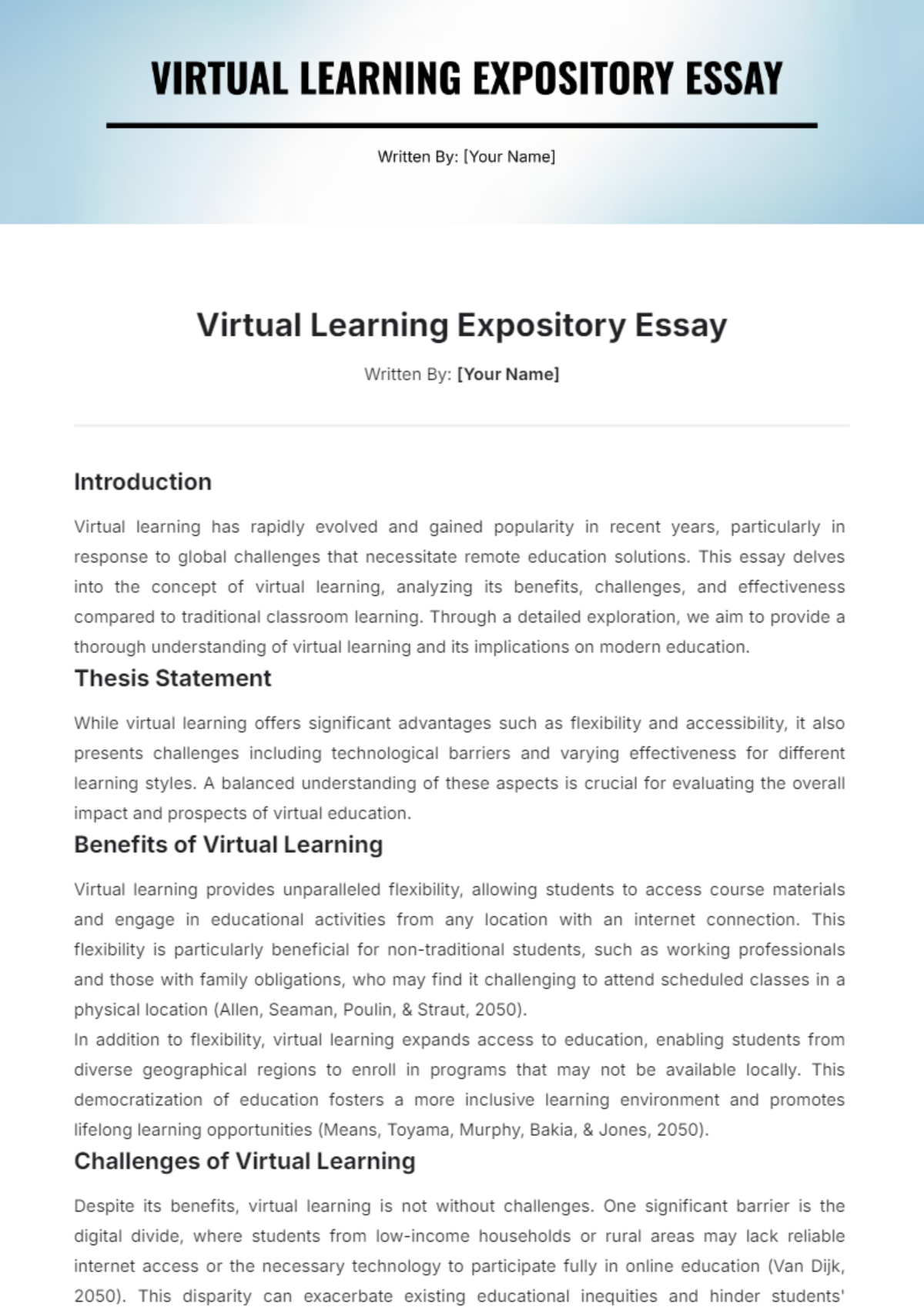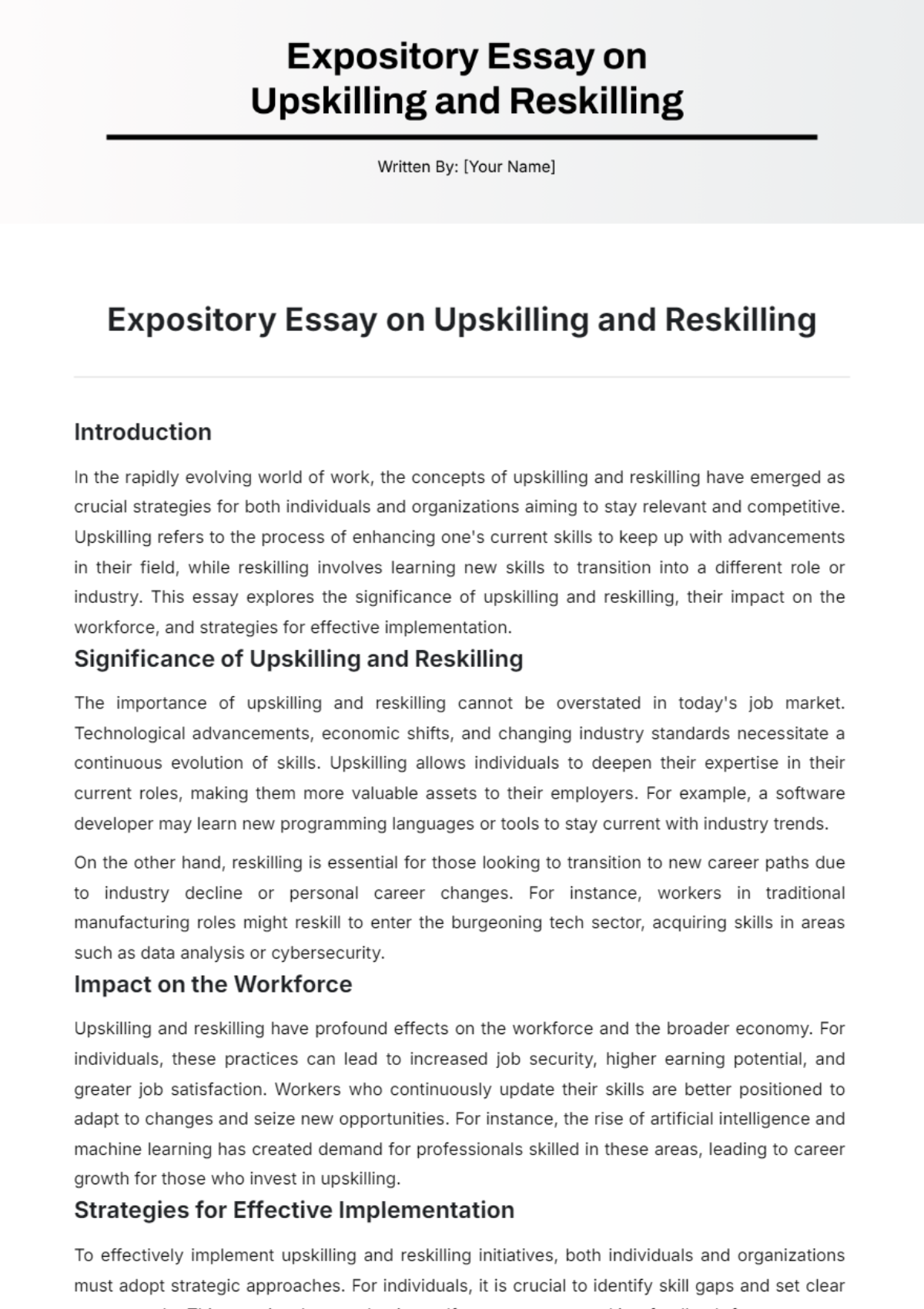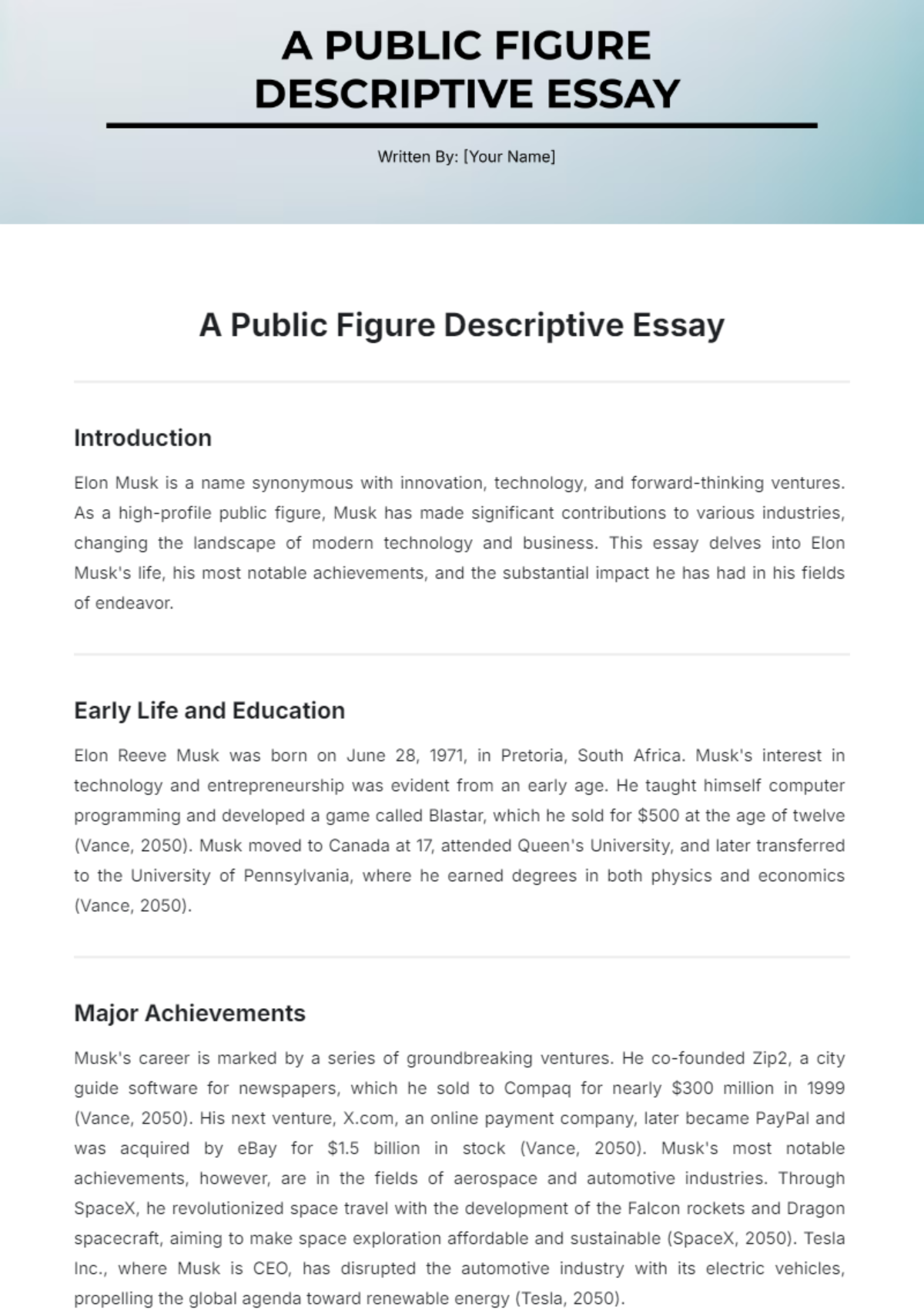Class Module Academic Essay
Title: Power and Ambition in Shakespeare's Macbeth
By: [Your Name]
Introduction
William Shakespeare’s "Macbeth" is a timeless exploration of the human condition, delving into themes of power, ambition, and moral decay. Written during the early 17th century, the play examines the destructive potential of unchecked ambition and the moral consequences of pursuing power at any cost. This essay explores how Shakespeare uses the characters of Macbeth and Lady Macbeth to illustrate the corrupting influence of ambition and the inherent consequences of their power struggles.
Literature Review
The theme of ambition in "Macbeth" has been extensively analyzed by literary scholars. According to critic Harold Bloom, the play presents ambition as a force that drives individuals beyond moral boundaries, leading to their downfall. Similarly, Stephen Greenblatt argues that Macbeth’s ambition represents a profound critique of the Elizabethan socio-political hierarchy, reflecting fears of upheaval and disorder. This essay builds on these interpretations by examining how Shakespeare’s portrayal of ambition aligns with the psychological and moral dimensions of the characters.
Methodology
This analysis employs a close reading of the text, focusing on key passages that illustrate the theme of ambition. The methodology involves examining Macbeth’s soliloquies, dialogues, and interactions with other characters, as well as analyzing Lady Macbeth’s role in influencing her husband. This approach allows for an in-depth exploration of how Shakespeare conveys the corrupting influence of ambition through dramatic devices and character development.
Discussion/Analysis
Macbeth’s Ambition
Macbeth’s ambition is ignited by the witches’ prophecy that he will become king. Initially, Macbeth is hesitant, reflecting on the moral implications of regicide. However, his ambition gradually overpowers his conscience. This internal conflict is vividly portrayed in his soliloquy in Act 1, Scene 7, where he contemplates the consequences of murdering King Duncan. Macbeth’s subsequent actions reveal a deepening moral corruption as he becomes increasingly ruthless to maintain his power.
Lady Macbeth’s Influence
Lady Macbeth plays a crucial role in spurring Macbeth’s ambition. Her manipulation is evident when she questions Macbeth’s courage and masculinity, pushing him to commit murder. In Act 1, Scene 5, her invocation to the spirits to "unsex" her and fill her with cruelty underscores her willingness to abandon her femininity and moral integrity for power. Her influence demonstrates how ambition can corrupt not only the individual but also those around them.
The Downfall
The consequences of Macbeth’s ambition are catastrophic. The play’s progression from Macbeth’s initial hesitation to his ultimate downfall illustrates the destructive nature of unchecked ambition. The once-heroic Macbeth transforms into a tyrant consumed by paranoia and violence, leading to his eventual defeat and death. Lady Macbeth’s descent into madness and her death further highlights the personal cost of their ambition.
Conclusion
Shakespeare’s "Macbeth" provides a profound commentary on the dangers of ambition and the moral consequences of seeking power at any cost. Through the characters of Macbeth and Lady Macbeth, Shakespeare illustrates how ambition can lead to moral decay and self-destruction. The play serves as a timeless reflection on the complexities of human nature and the perilous pursuit of power.
References
Bloom, Harold. Shakespeare: The Invention of the Human. Riverhead Books, 2050.
Greenblatt, Stephen. Will in the World: How Shakespeare Became Shakespeare. W.W. Norton & Company, 2051.
Shakespeare, William. Macbeth. Edited by Jonathan Bate, Arden Shakespeare, 2052.
